OnePlus 9R
Two-minute review
The OnePlus 9R is the cheapest phone in the company’s new flagship OnePlus 9 series. While its siblings touched new heights in terms of pricing, the 9R managed to have a reasonable price tag without cutting too many corners.
Touted as a gaming smartphone, the biggest difference between this and its siblings is the choice of opting for the Snapdragon 870 chipset instead of the Snapdragon 888. This enables a lower price without compromising too much on the performance.
Interestingly, the processor is the only thing that separates the OnePlus 9R and the OnePlus 8T — every other specification, feature and even the design are the same between the two. So, if you’ve spent time with the 8T, your experience will be very similar with the OnePlus 9R. There’s nothing wrong with reusing components to maintain leaner operations, but we’d like to see a more tasteful execution or at least something that is a lot cheaper. As of writing this review, the OnePlus 9R is costlier than the 8T by Rs 1,000 (around $13 / £10 / AU$17).
Here’s what it gets right: the design is instantly recognizable with a slim profile, spot-on weight distribution and a great in-hand feel. The choice of going with a flat display will please many users, especially those who identify as gamers. It’s one of the best displays in the segment with a smooth 120Hz refresh rate, vibrant AMOLED colors and ample brightness.
Warp Charge 65 also makes the cut, charging the OnePlus 9R from 0 to full in under 40 minutes, which continues to be among the fastest in the industry. The battery size is retained at 4,500mAh, which gives just about enough juice to last an entire day.
Expectedly, the cameras are the weakest link of this affordable flagship, offering aging hardware with subpar processing for results that many budget phones can match. Four sensors with different functions are present on the rear, but none really blew us away.
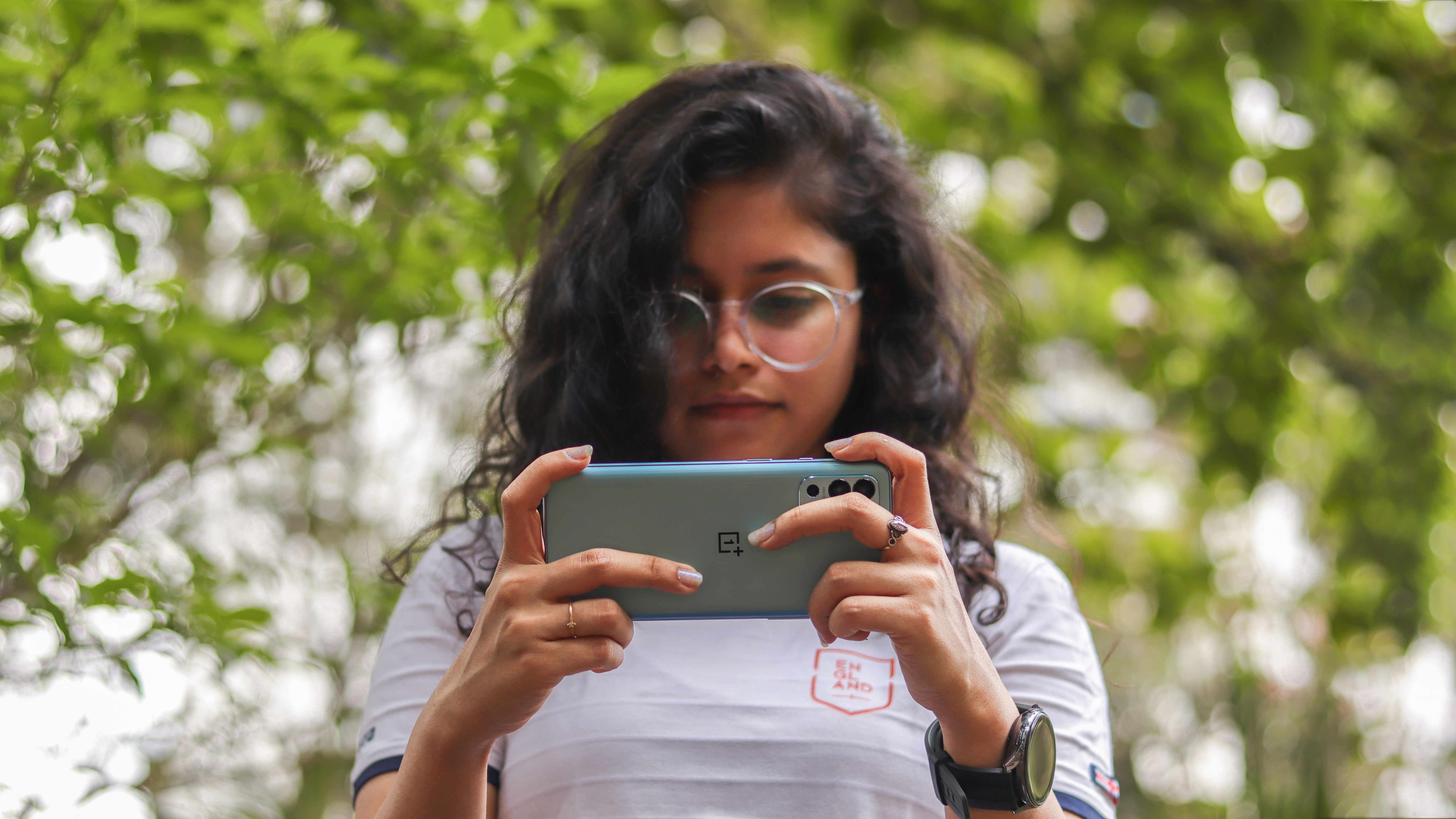
The OnePlus 9R was the right phone, but at the wrong time…
When it launched, the OnePlus 9R became the unexpected star of the family — acting as the savior for the original fans who disliked OnePlus’ approach of increasing the prices each year.
But just weeks later, the competition caught up and how. With the launch of the Samsung Galaxy S20 FE 5G in India recently, the affordable flagship space is no longer occupied by just a handful of smaller brands. And if you’re open to considering them, then offerings such as the Vivo X60, iQoo 7 Legend and Xiaomi Mi 11X Pro will offer a much better experience at the same price. In less than a month, the OnePlus 9R got kicked off the podium thrice.
OnePlus 9R pricing and availability
The OnePlus 9R is currently exclusive to India, with no word on global availability. That means we don’t know whether the phone will come to markets like the US, UK or Australia.
The base variant with 8GB of RAM and 128GB of storage is priced at Rs 39,999 (about £390, $530, AU$700) while the 12GB + 256GB variant is priced at Rs 43,999 (about £425, $590, AU$760) . Color options include Lake Blue and Carbon Black.
At that price, it competes with the likes of the Samsung Galaxy S20 FE 5G, Vivo X60, iQoo 7 Legend, Xiaomi Mi 11X Pro and others.
It has a very similar price tag to the OnePlus 8T, which is the device it shares most of its design and specifications with. Think of it as a 2021 version of the older OnePlus, as it’s too far from the higher-end OnePlus 9 and 9 Pro.
Design

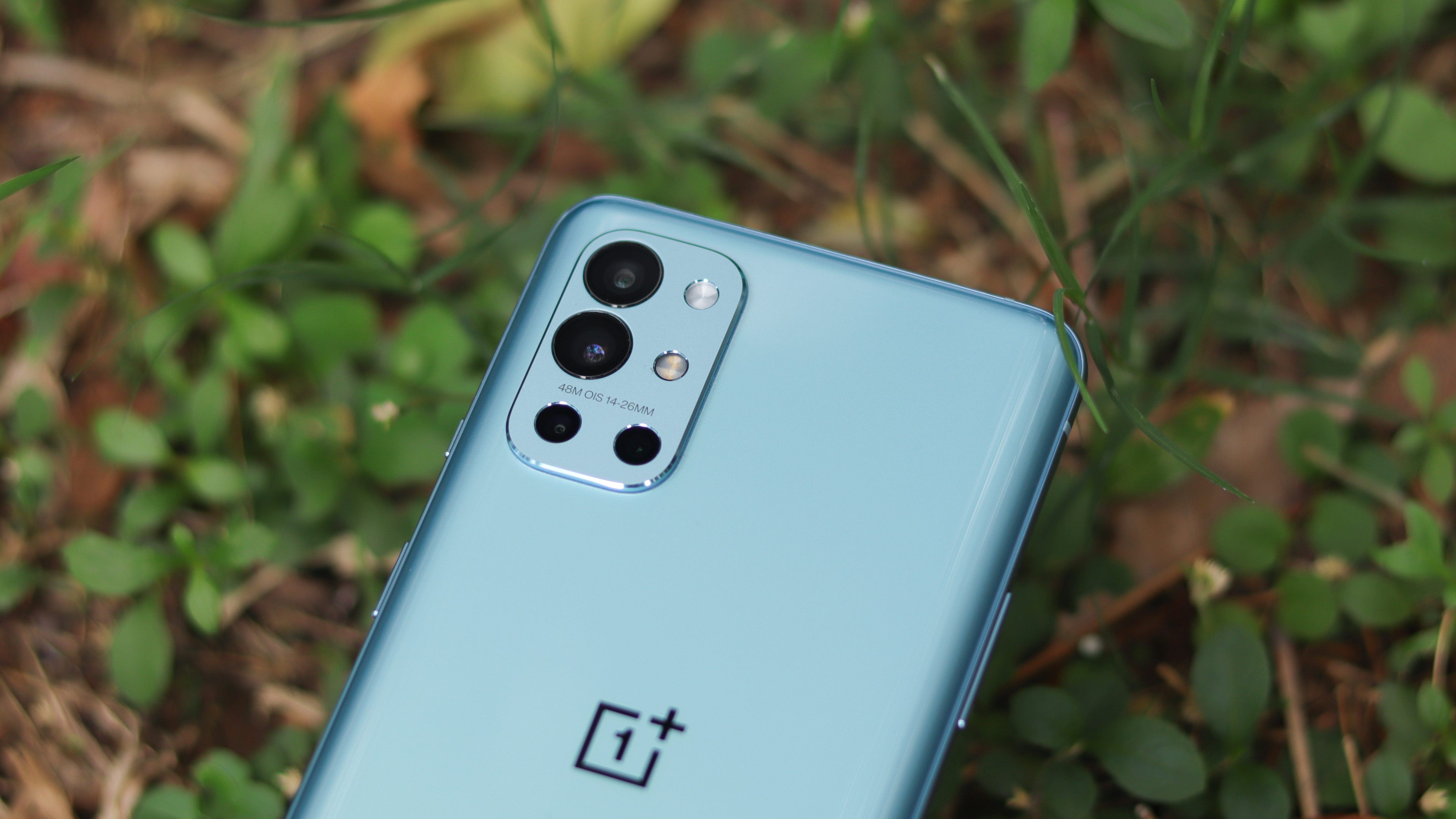
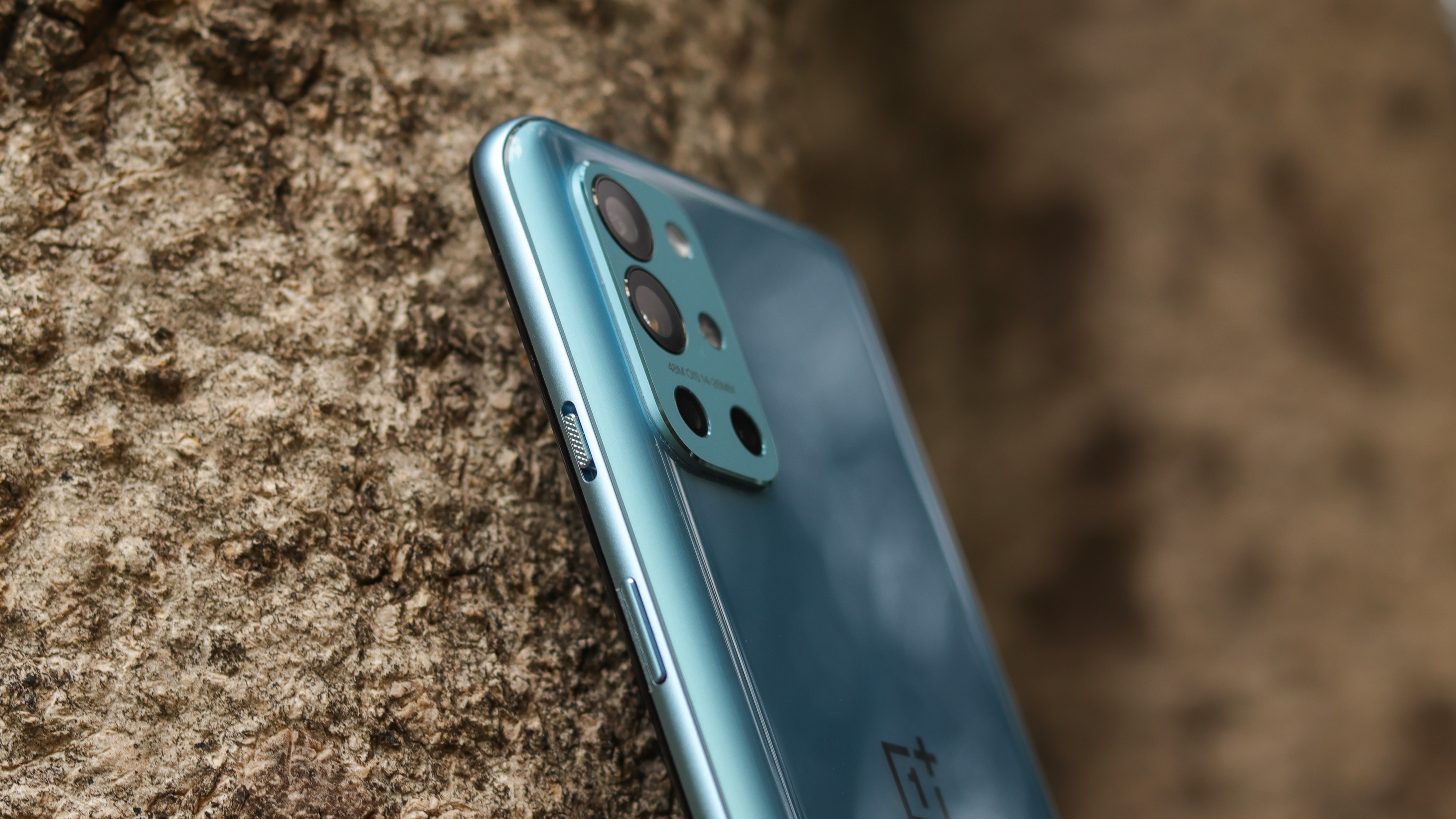
At the risk of sounding like a broken record, we’d like to say that the OnePlus 9R has the same design as the OnePlus 8T on all fronts. Literally, the only difference is the color of the camera module — everything else is the same.
Our Lake Blue variant has a nice warm blue hue to its glossy glass back. The sides curve gently and elegantly into the similarly colored blue frame, adding a premium touch as well as improving the ergonomic experience. It feels surprisingly lightweight and slim, which is unlike most other gaming phones these days.
The OnePlus 9R is quite minimal, save for the camera island. That protrudes just a little bit from the rest of the back, and houses the four cameras, flash and light sensor. The circular cutouts for all the sensors are of uneven sizes, as is the space between them, making for a somewhat awkward layout. Once again, official IP rating has been left out.

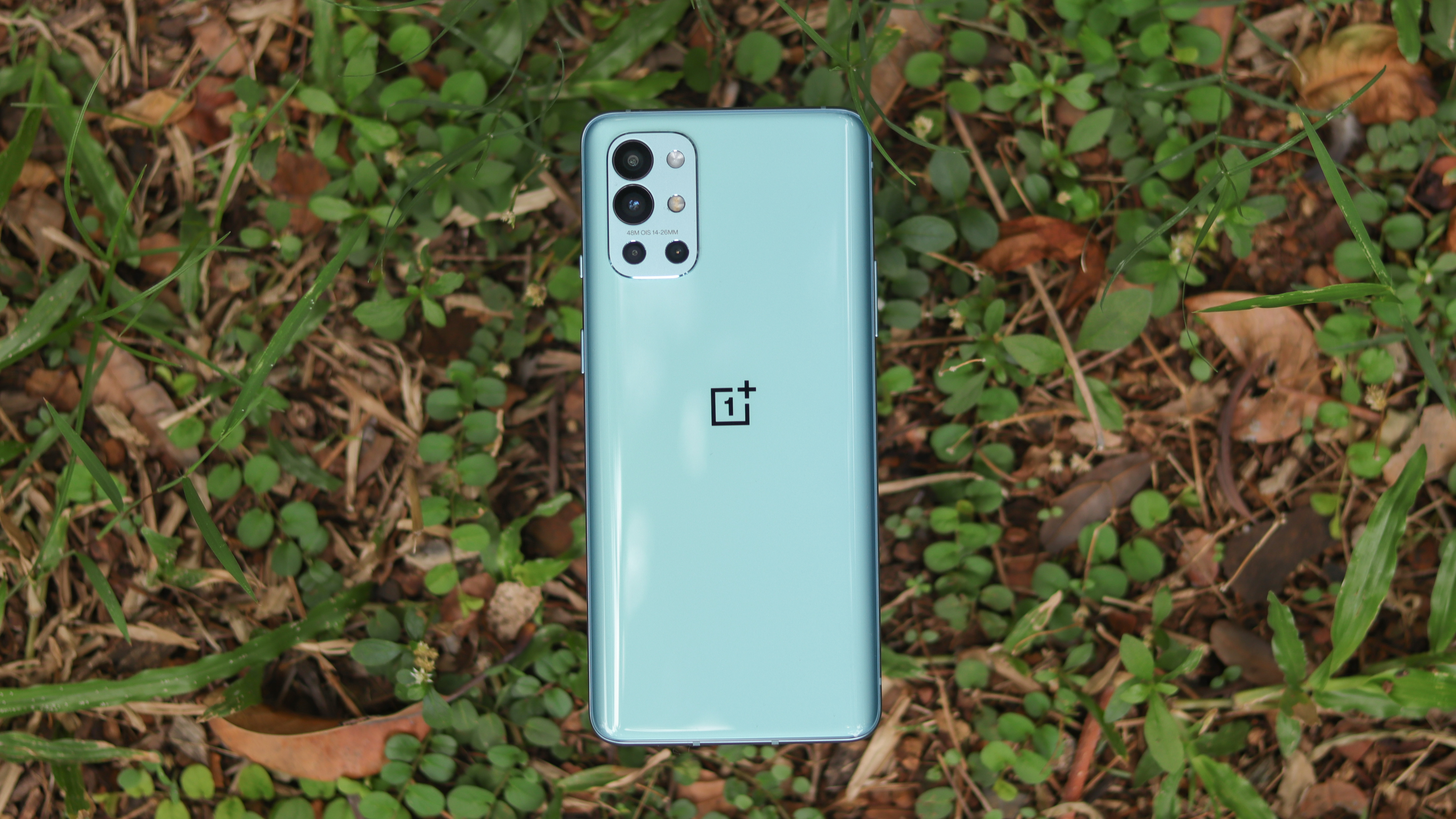
The other elements are quite standard too, with the volume rocker on the left, the power button and iconic alert slider on the right, and the charging port on the bottom. The primary loudspeaker is on the bottom as well, whereas the earpiece doubles as a secondary speaker for stereo output. While not balanced, the sound output is quite clear and gets fairly loud without distorting.
Summing everything up, the OnePlus 9R is a well-designed phone that will please minimalists. If you’re looking for something with a bit more personality, this isn’t it.
Display
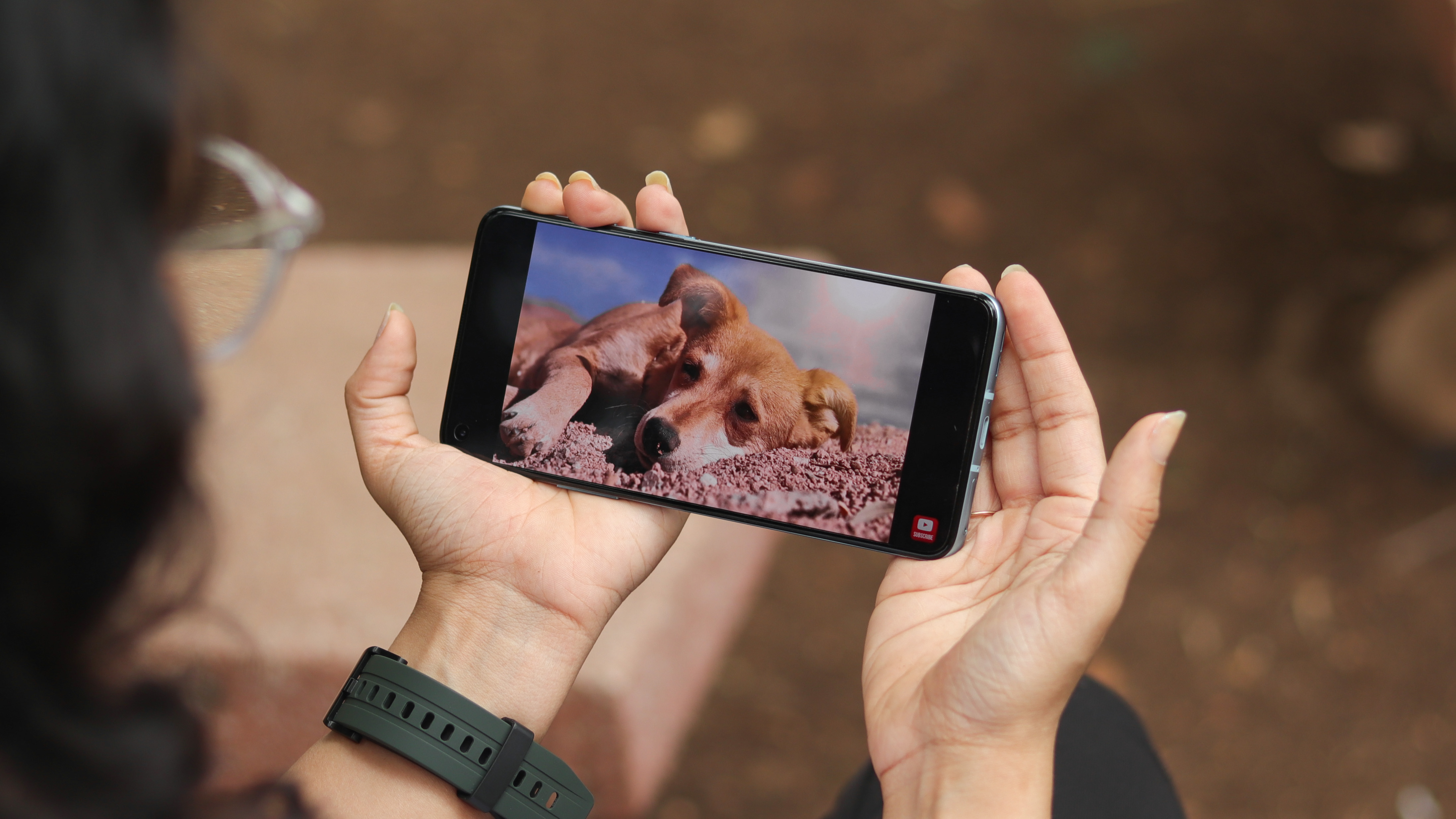
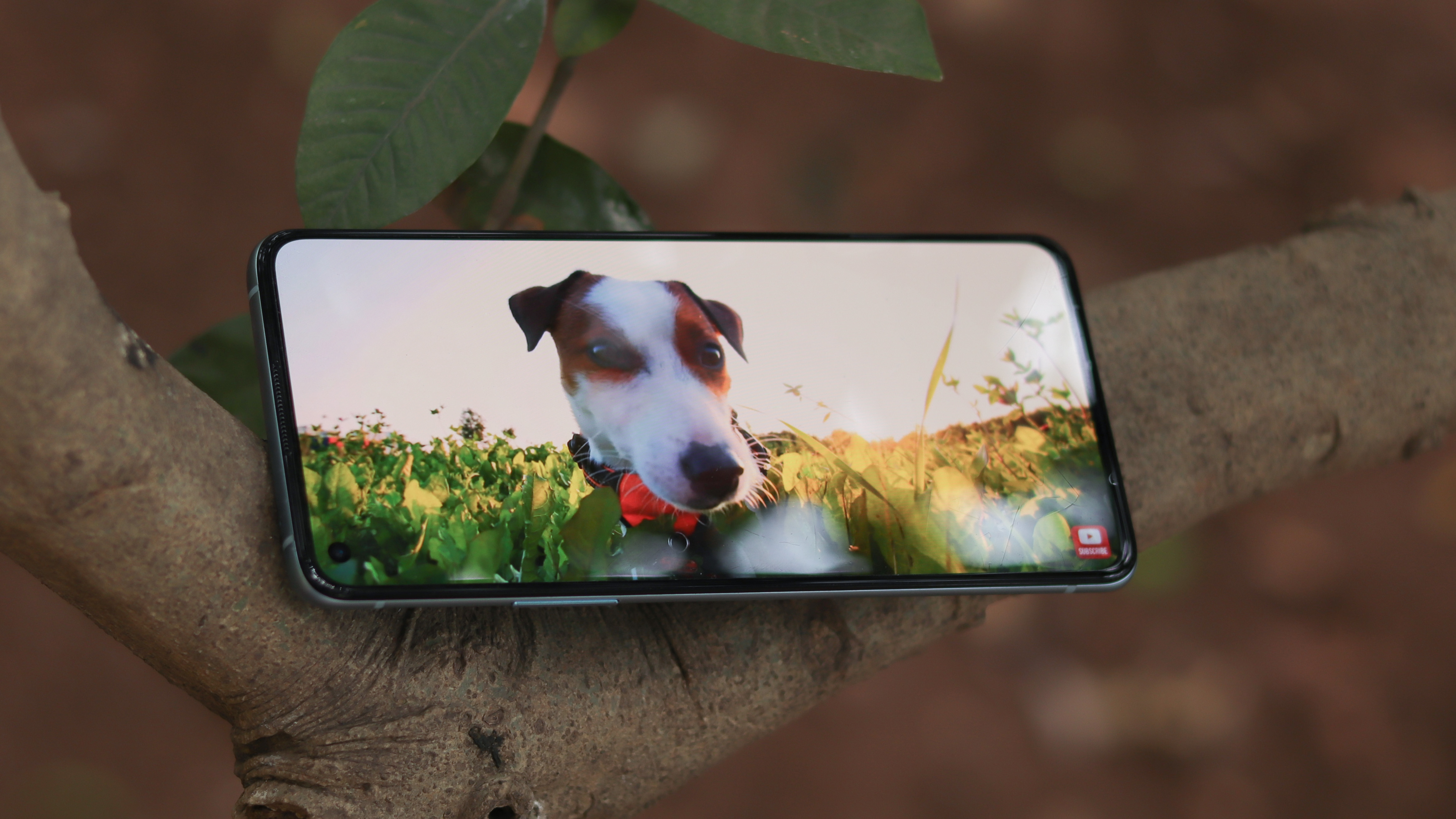
OnePlus doesn’t change things up on the display front either, with the same 6.55-inch AMOLED display as on the 8T and OnePlus 9, with a resolution of 2,400 x 1,080, Gorilla Glass 5 protection and more.
As with other phones from the brand, we get a 120Hz refresh rate that adds a layer of smoothness to every operation. Interestingly, since there is no variable refresh rate like the OnePlus 9 Pro, the OnePlus 9R is noticeably smoother in most operations as it doesn’t spend time guessing and matching the frame rate to the content. It makes gaming a lot more immersive too, but many games are yet to officially support it.
The AMOLED construction brings vibrant colors and deep blacks for an immersive contrast-heavy look, which can be further fine-tuned via the settings for your preference of saturation and color temperature. The default settings were quite good, so we left them unchanged.
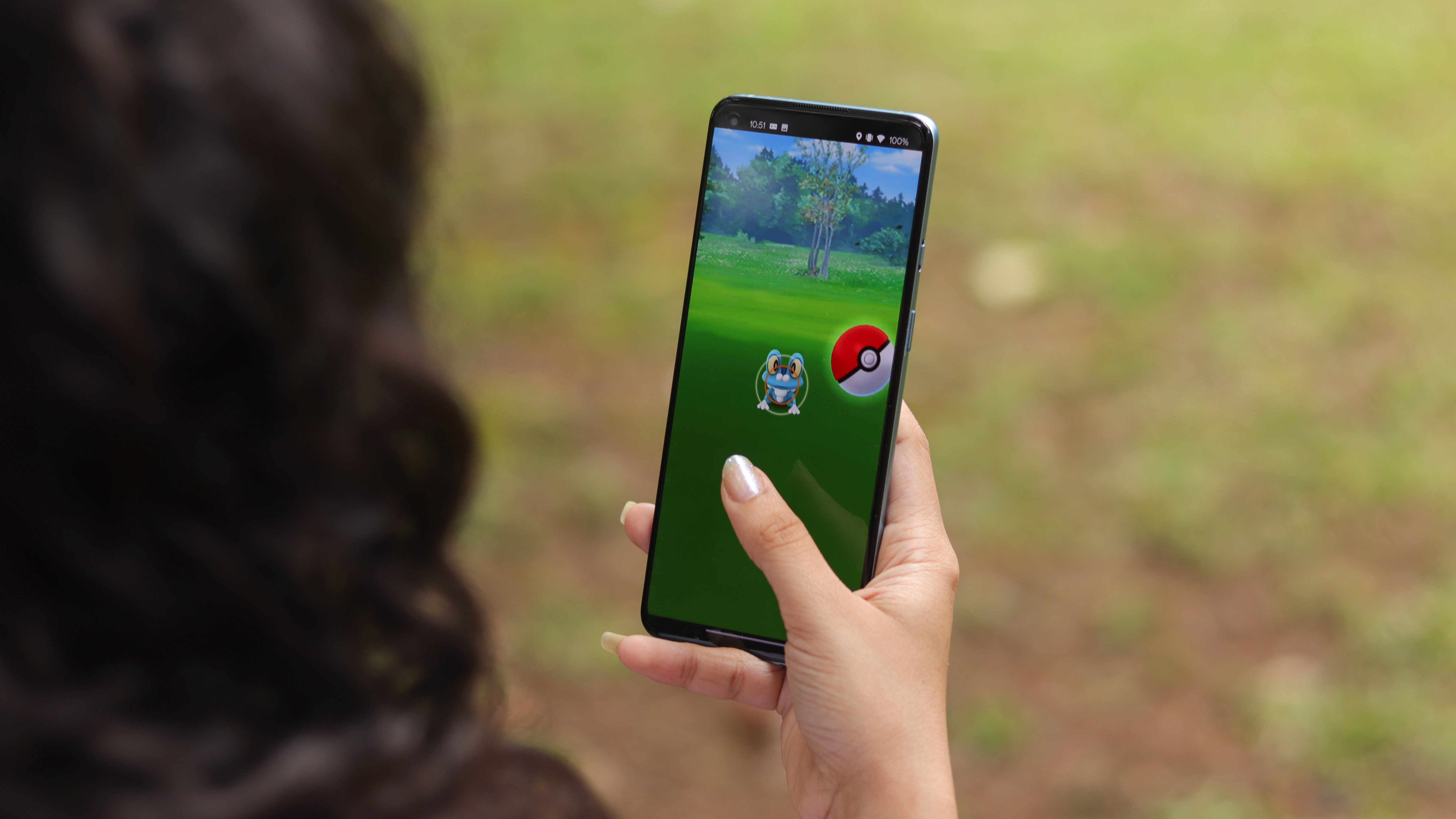
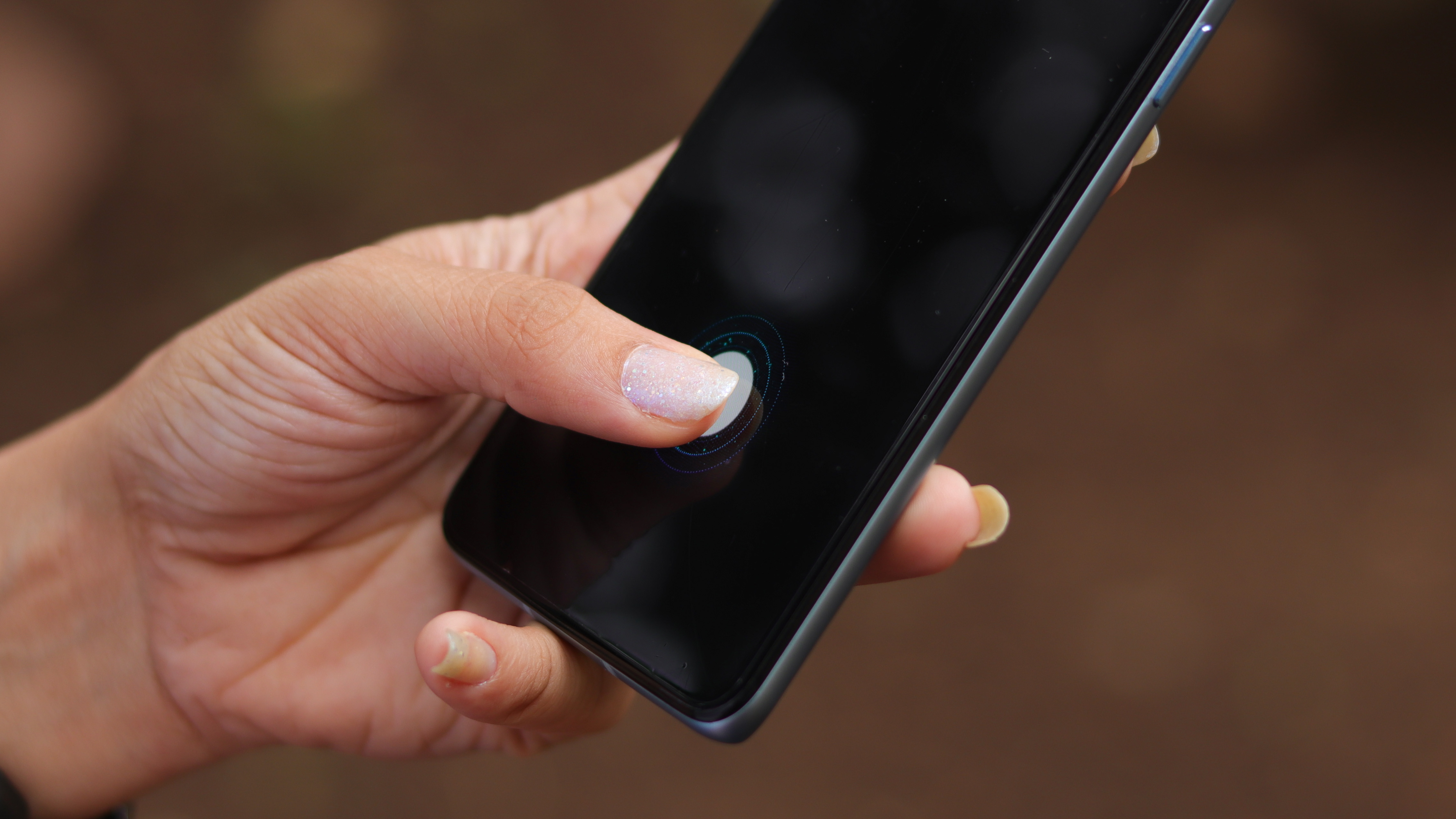
Gamers will appreciate the decision of offering a flat display. OnePlus does not have a good track record with curved displays as phones such as the 8 Pro and 9 Pro were prone to accidental touches on the sides, so it’s good that it was skipped. It does make the phone seem a little wider than it is, but the otherwise slim frame keeps things under control.
While the 1,300 nits of brightness was always sufficient, the auto-brightness adjustments were irritatingly slow.
There’s an optical in-display fingerprint scanner too, and it works quite well. Scanning was almost always quick and accurate. It has been smartly positioned where your thumb will naturally sit and not too close to the bottom edge.
Overall, there’s not much to complain about here. It’s a screen that most users will love. Though, for its successor, we’d like OnePlus to jump to an E4 panel (Samsung Display’s new material that can achieve better colors, contrast and brightness), as some of the competitors have.
Performance
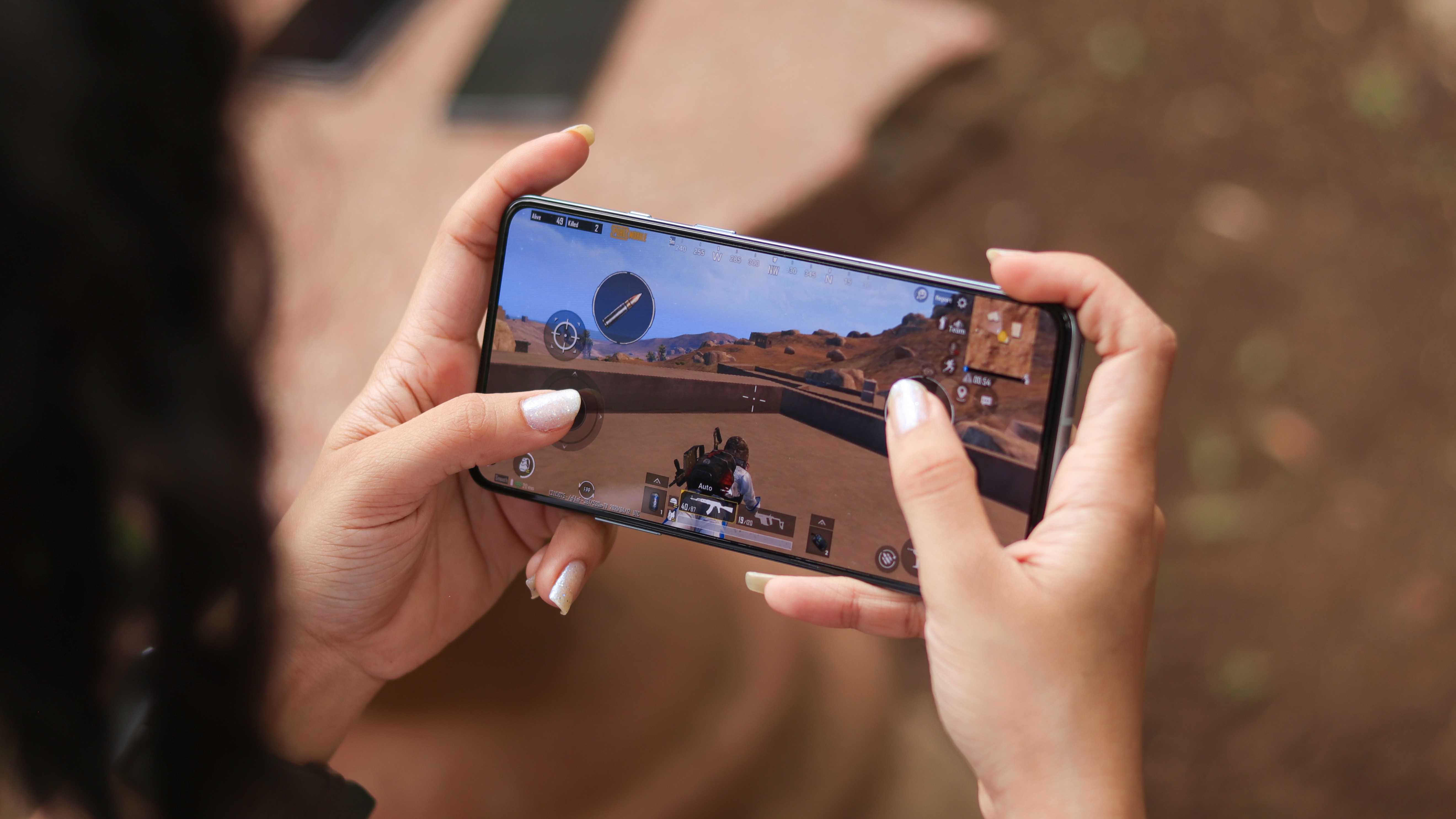
Historically OnePlus’ strongest suit, the OnePlus 9R is a champ when it comes to performance. In case you’re wondering why it is being called a gaming phone while the other phones in the family have a more powerful chipset, it’s all in the architecture.
The OnePlus 9R is powered by the Snapdragon 870 chipset. It’s an upgraded version of the Snapdragon 865 Plus from last year, where the prime core is clocked at 3.2GHz — which is the highest frequency on a smartphone processor currently. The other seven cores and the GPU remain unchanged. The point that Qualcomm is trying to make is that not all processes use all the cores in the same way. Some programs rely more on a single/few cores, where the Snapdragon 870 will not act as a bottleneck.
However, we’re talking about a very minor uptick in the performance anyway, so it’s unlikely you’ll notice any difference between the OnePlus 9R and 2020 flagships with an “older” processor. There were no odd heating issues, that seem to plague some of the Snapdragon 888 phones.
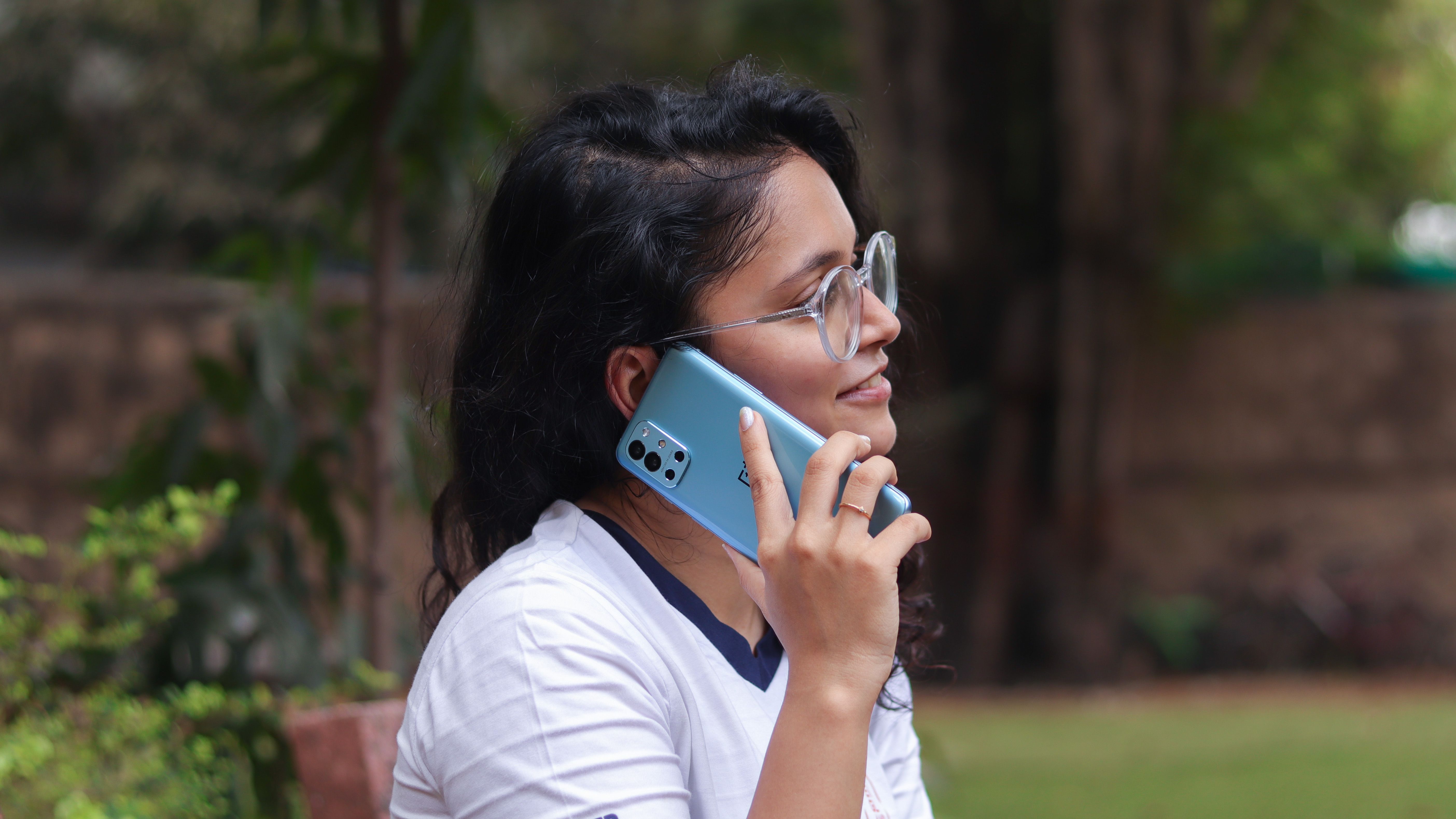
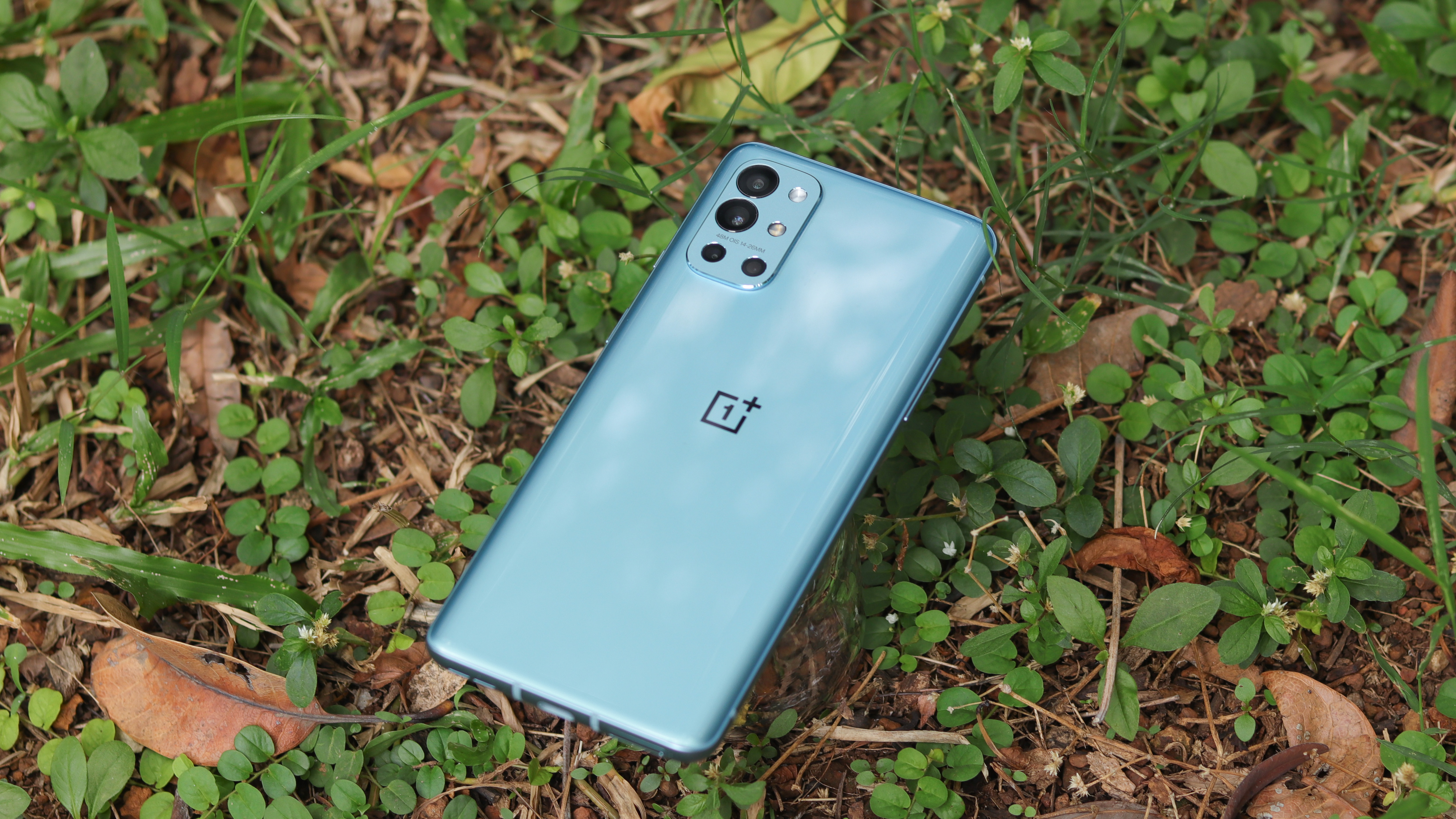
The OnePlus 9R supports only one 5G band
It chomped through tasks such as heavy photo editing, multi-tasking and keeping multiple apps in memory at once. Gaming was a breeze, with titles such as PUBG Mobile running at close to 60fps consistently with negligible heating. The tall display, immersive stereo audio, strong haptics and powerful performance make gaming really enjoyable.
It supports only the N78 band in India, so eventual 5G support is a little dicey. Network reception on LTE as well as Wi-Fi was excellent. Bluetooth connectivity was quite strong too. The call quality was good, but the earpiece is tiny so you might have to figure out the best position to get clear audio.
OxygenOS 11 (overlaid on Android 11) keeps everything glued together, and continues to be one of our favorite skins on Android. It is beautifully designed, has loads of customizations and comes with many nifty features that make the user experience better. However, OnePlus has become rather slow with software updates recently, so keep that in mind if you plan on using the 9R for many years.
Camera
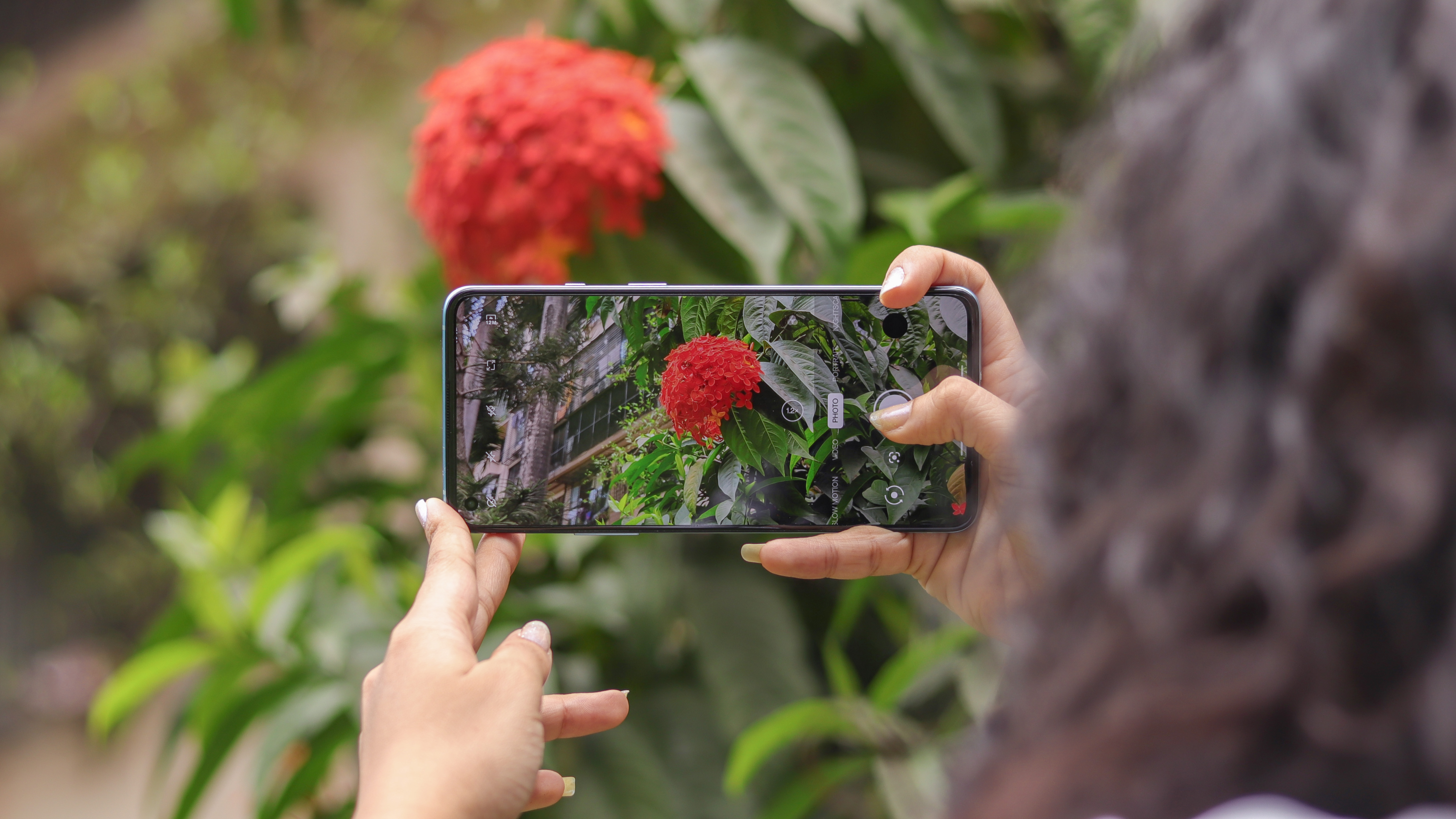
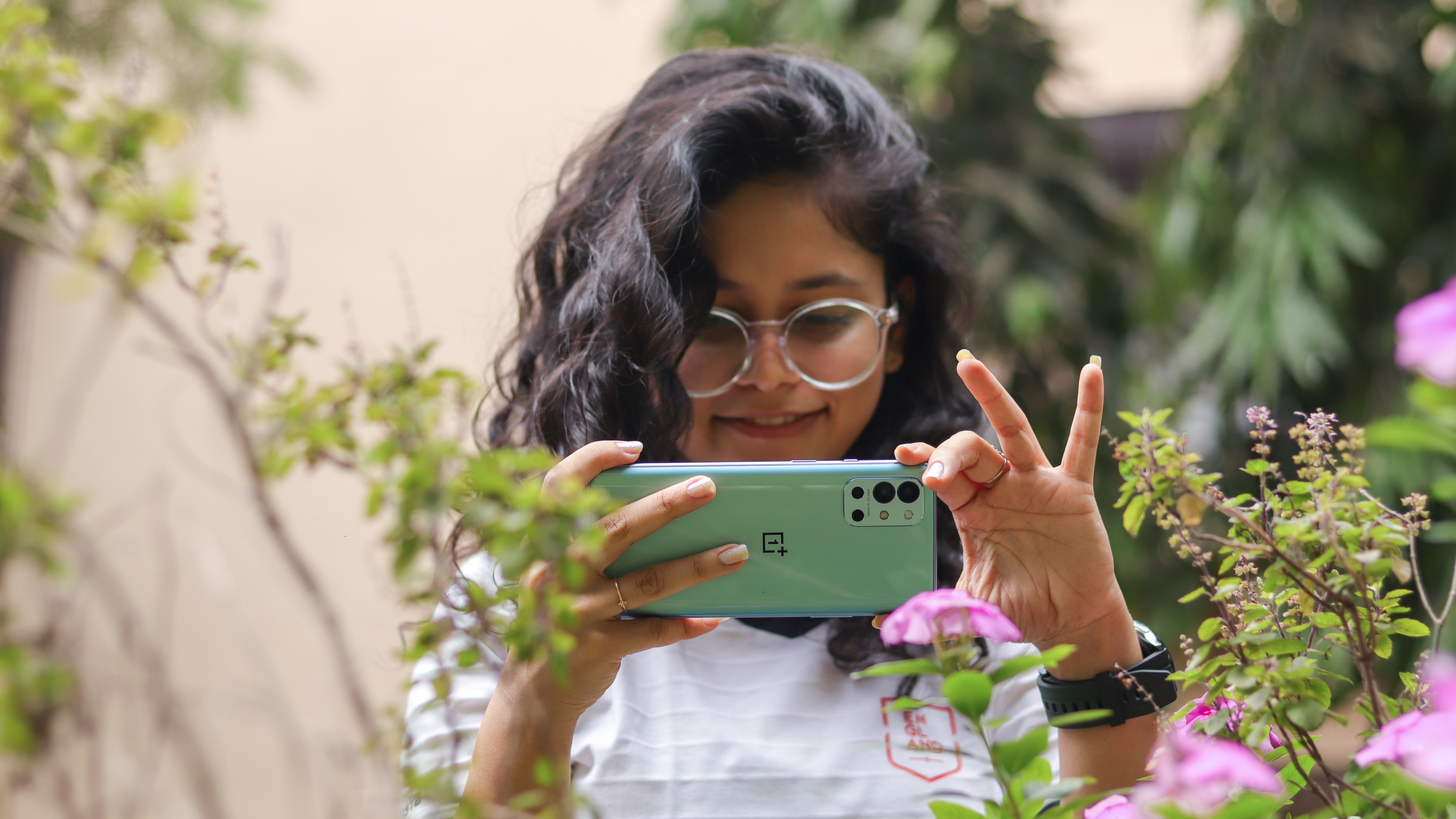
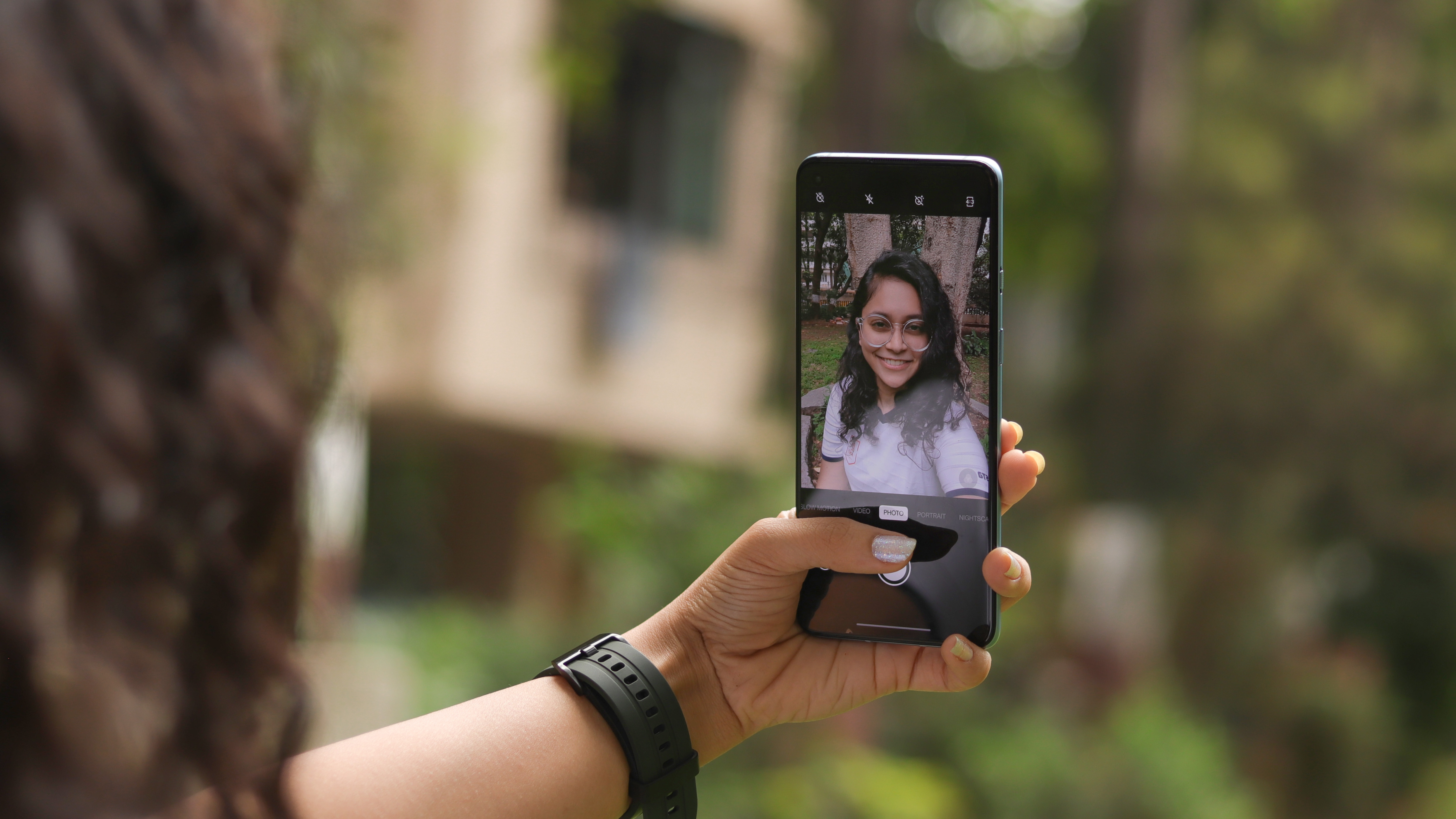
Keeping things short and simple here: the OnePlus 9R is strictly average when it comes to photography. It uses aging hardware such as the Sony IMX586 sensor and subpar processing for underwhelming results. Ditto for the ultra-wide camera. There’s no dedicated telephoto shooter either.
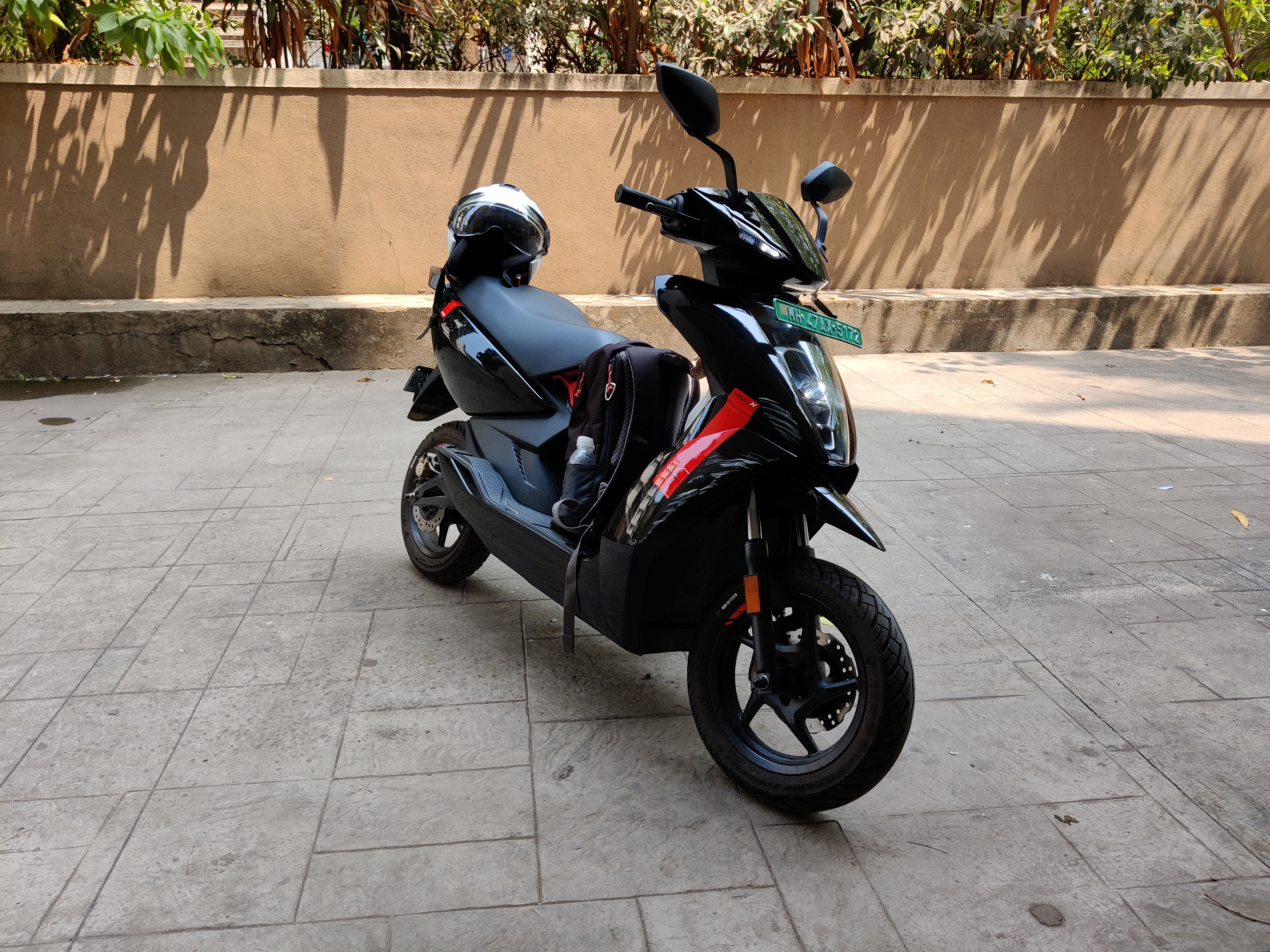
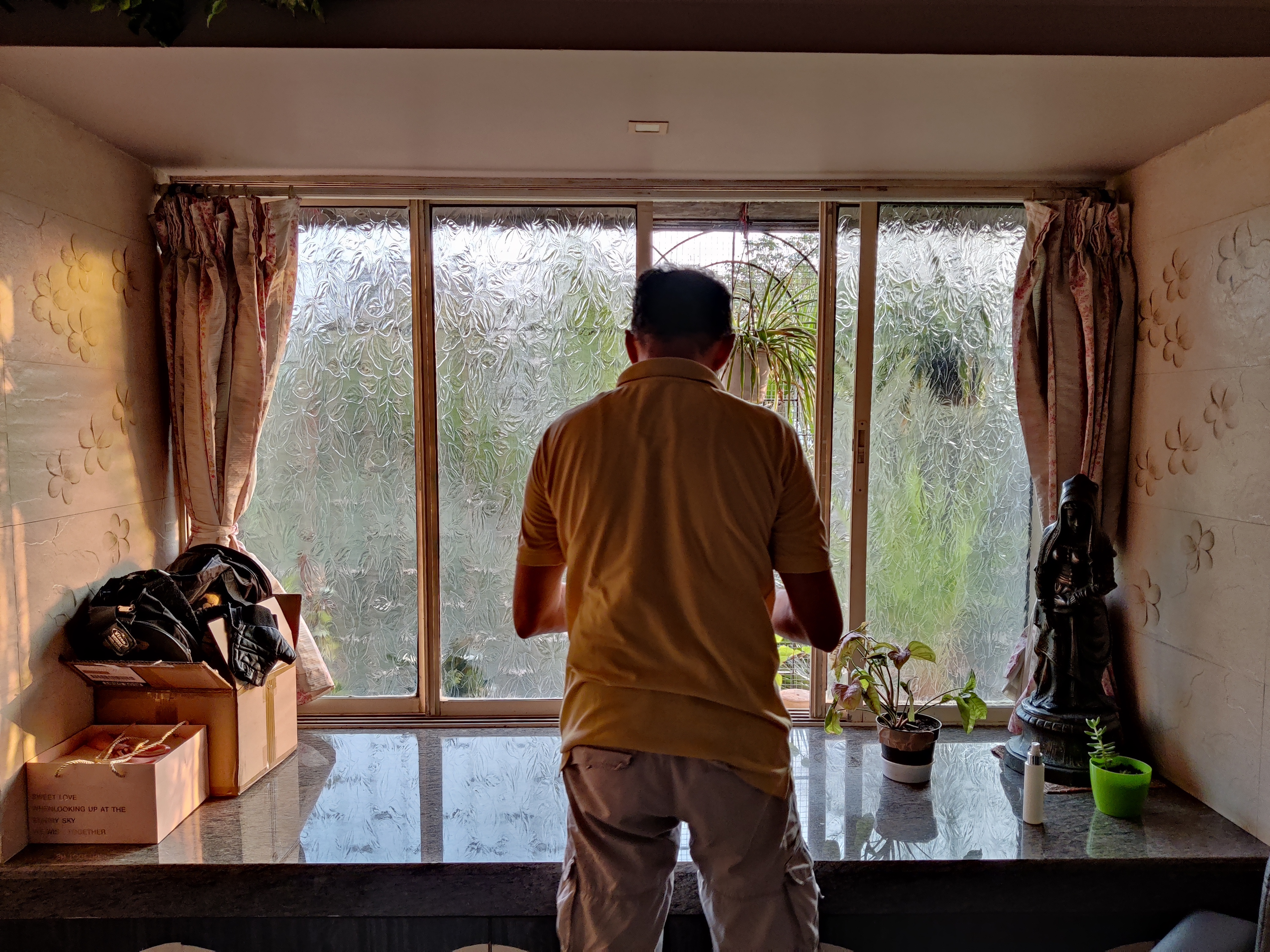
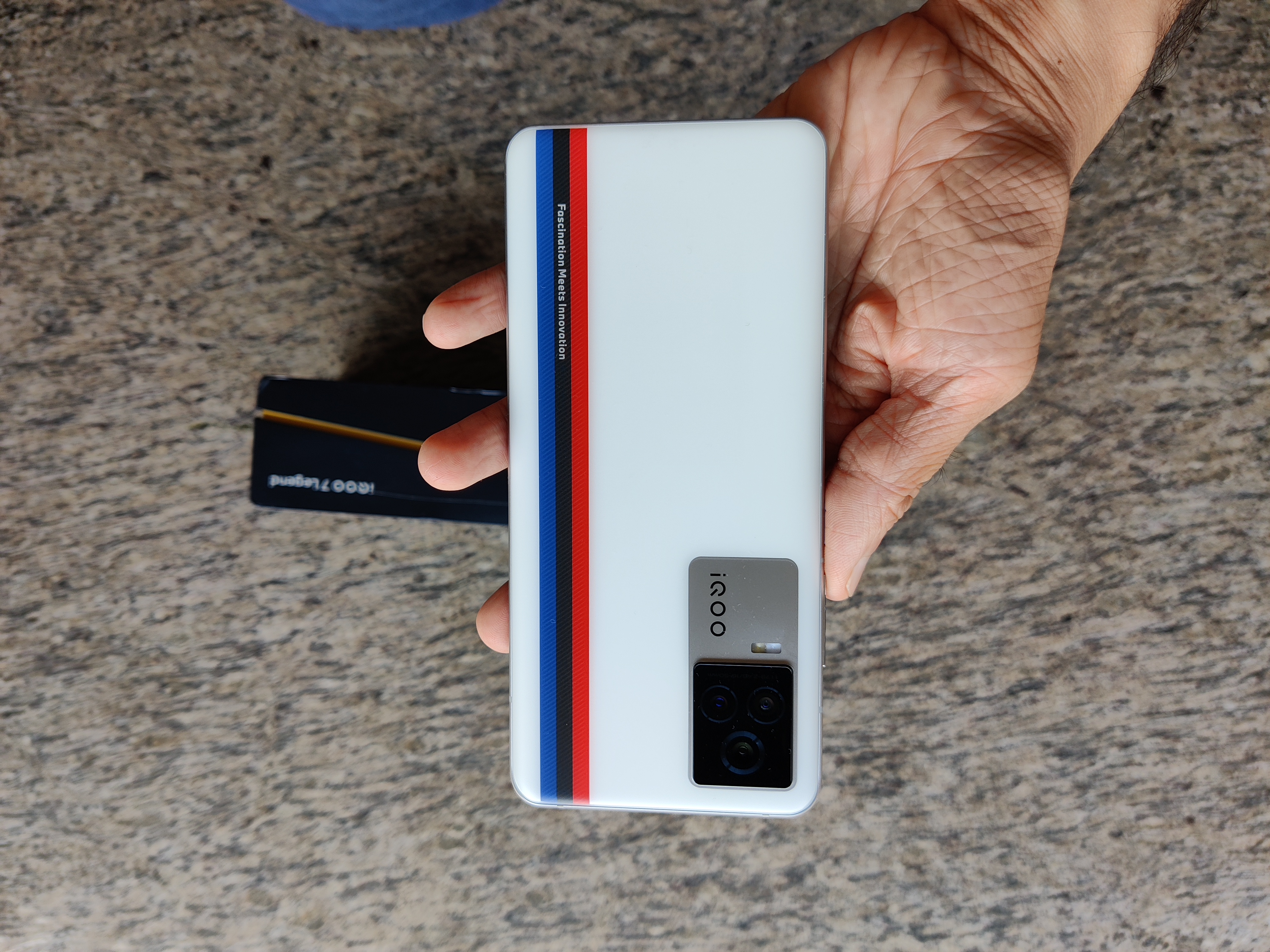
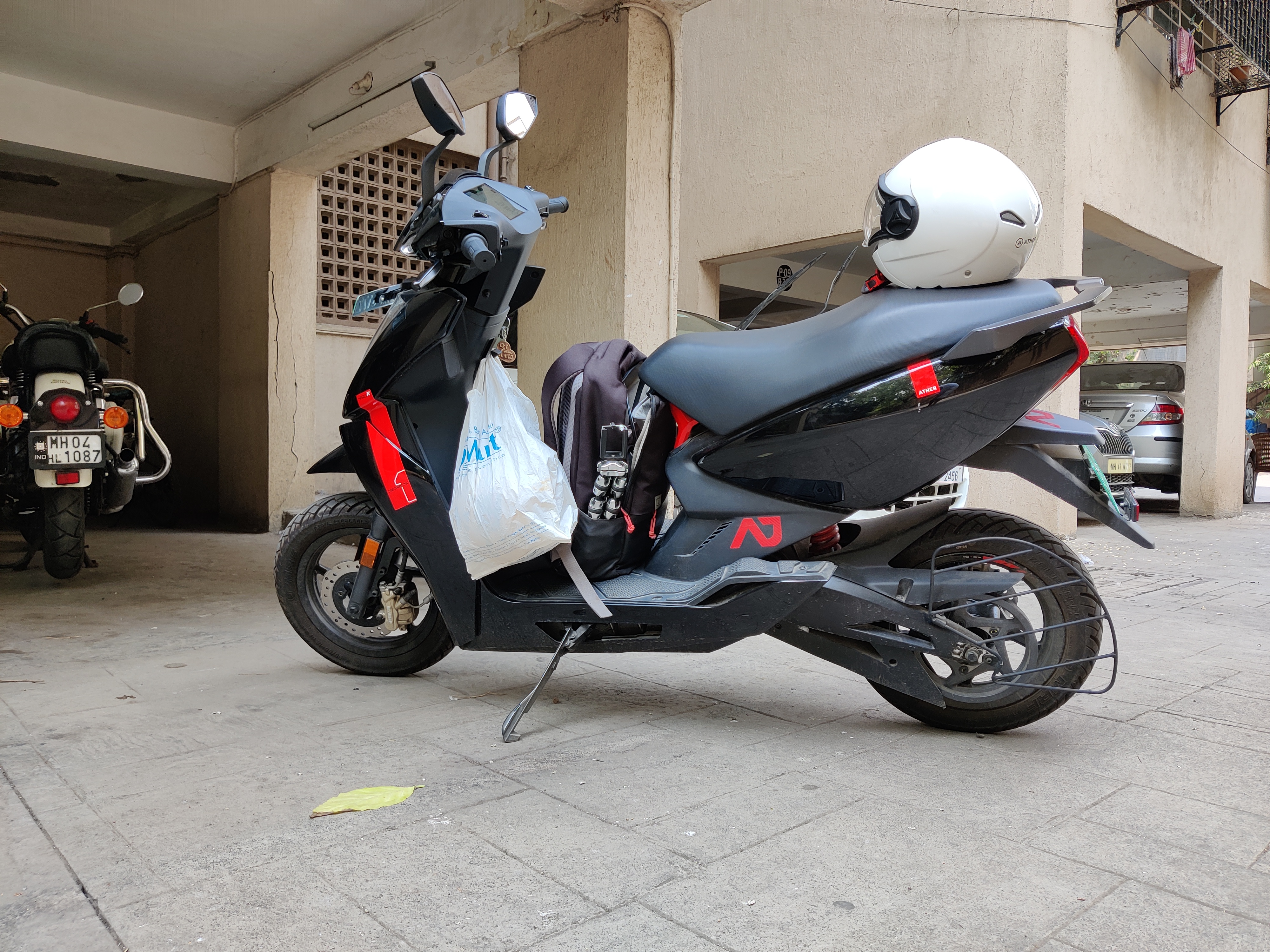
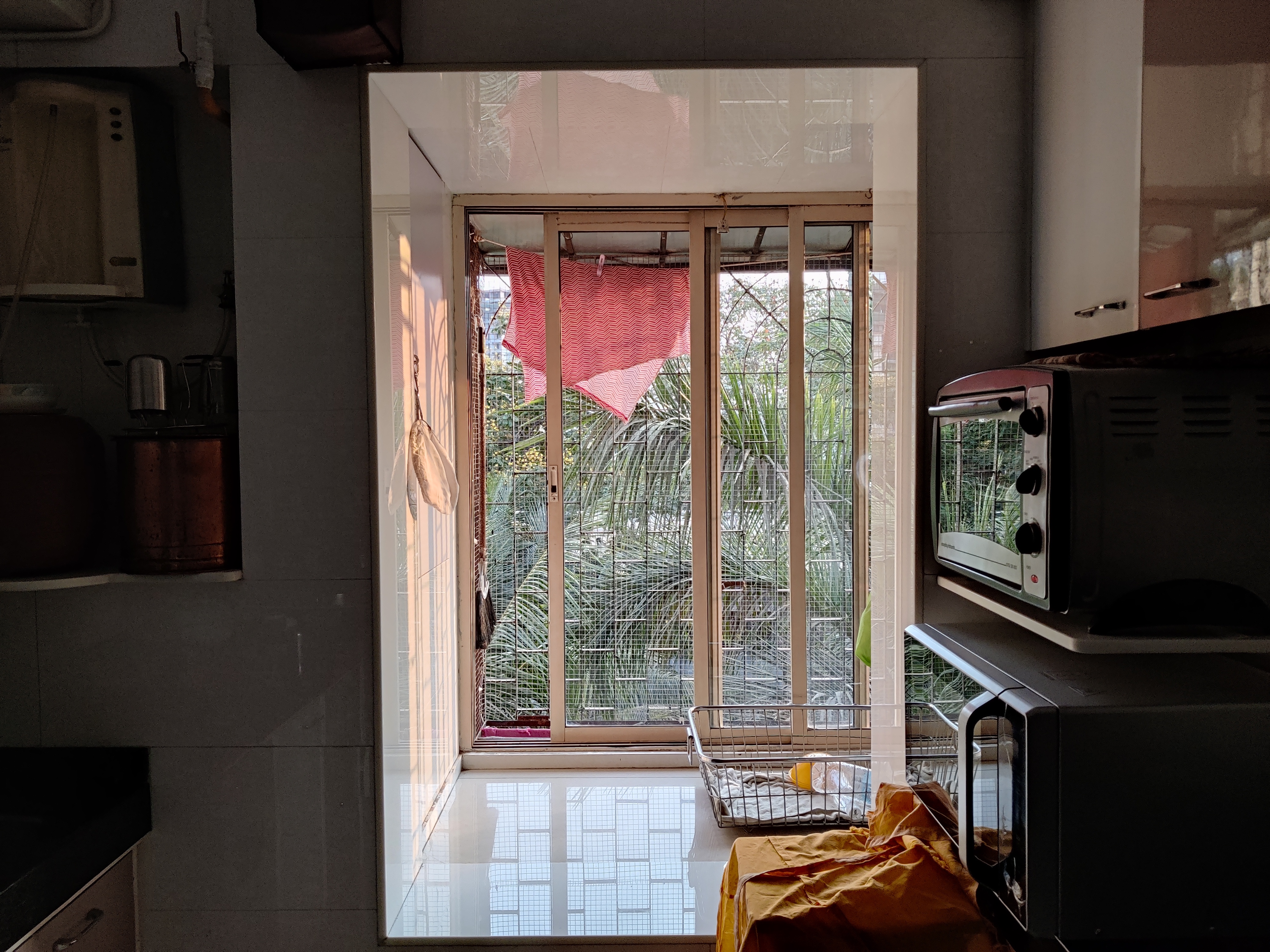
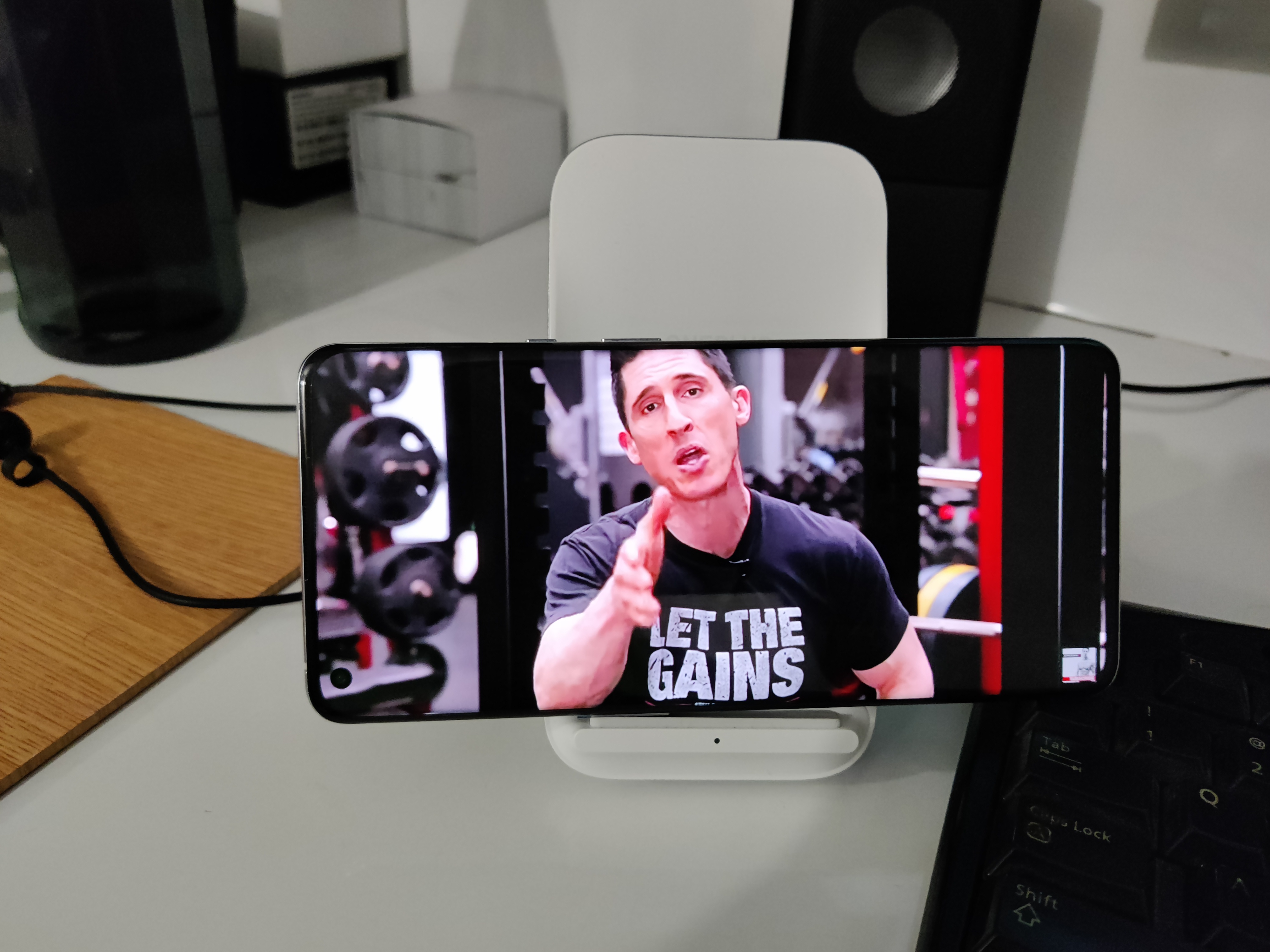
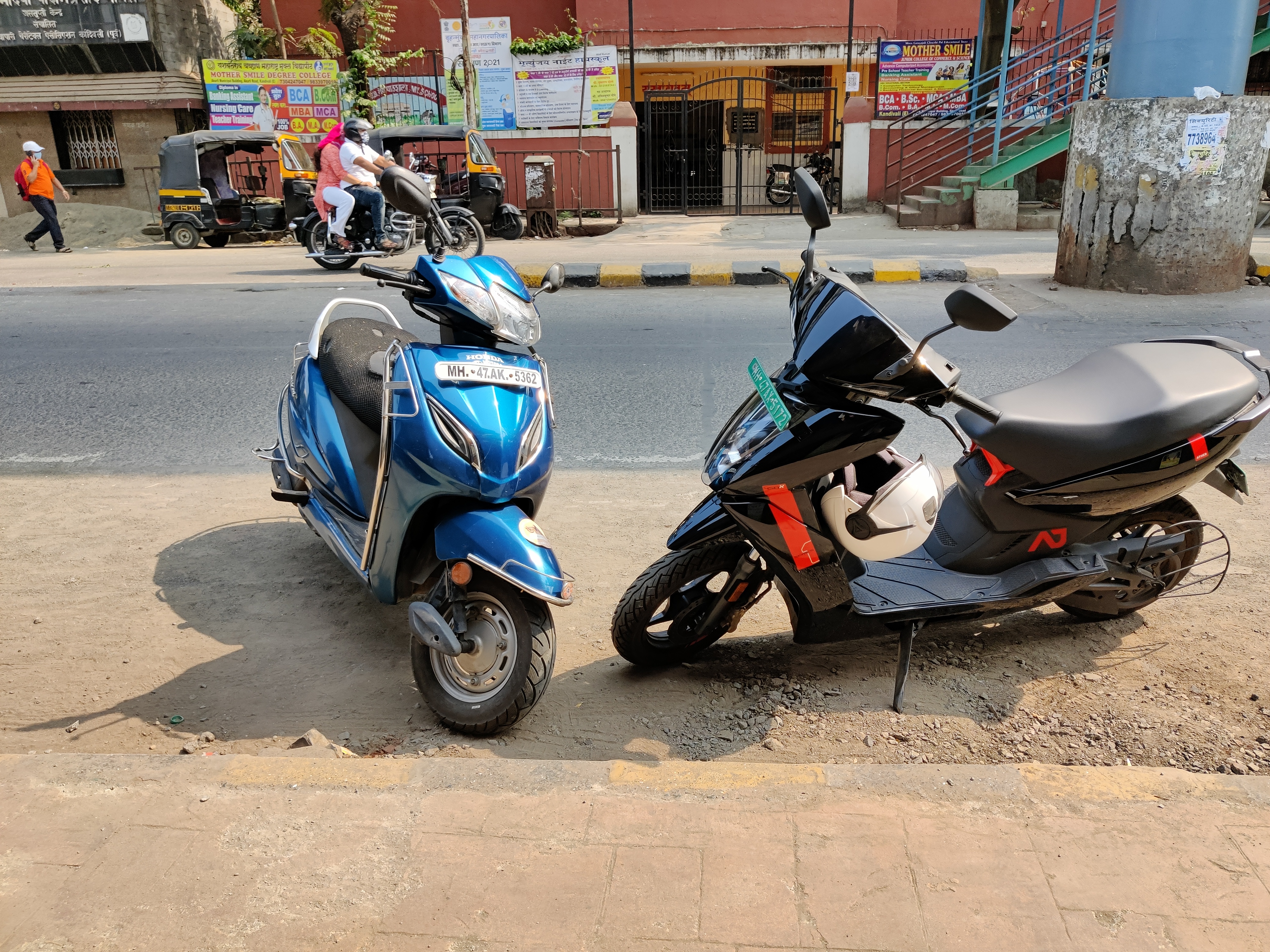
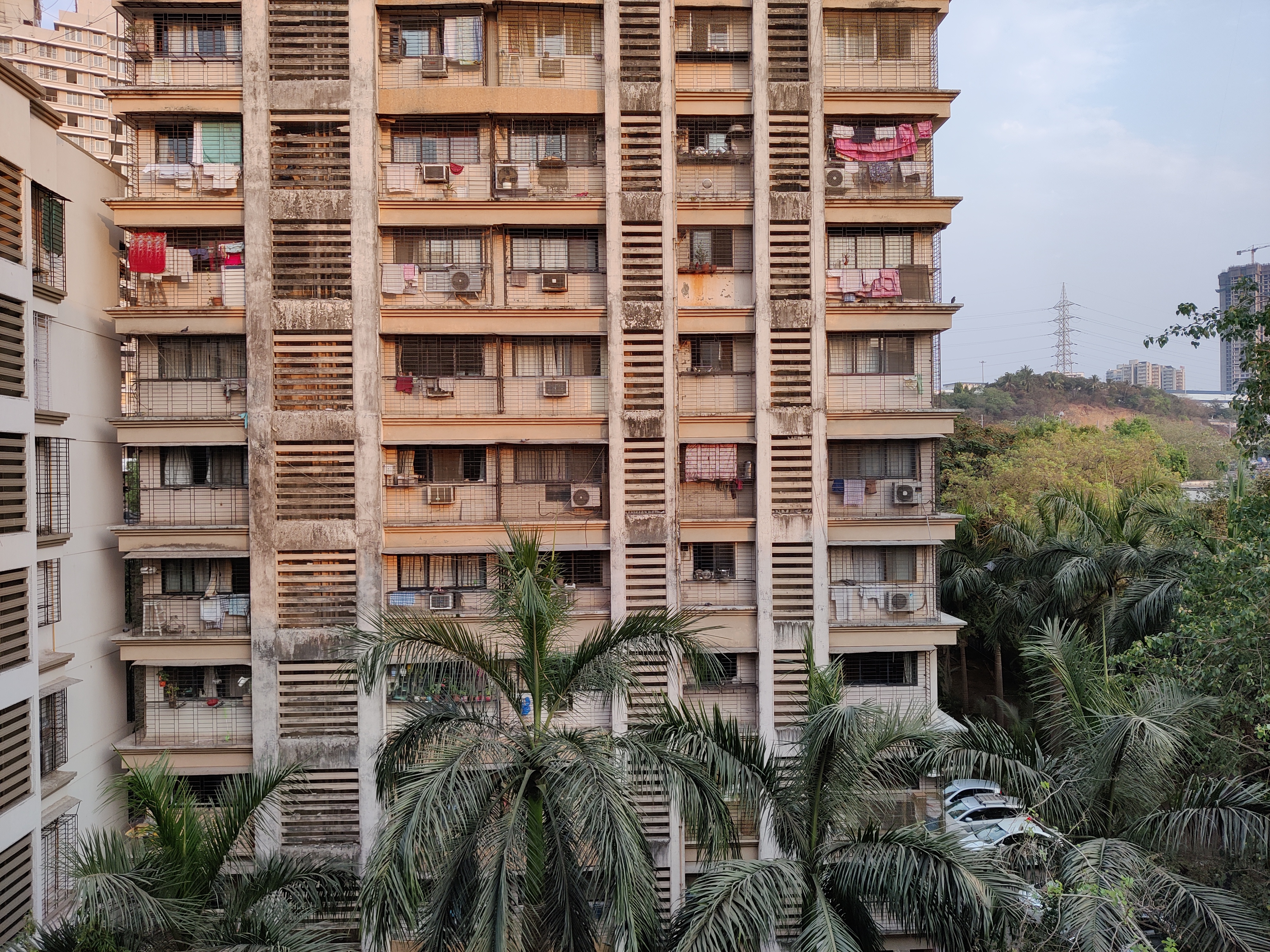
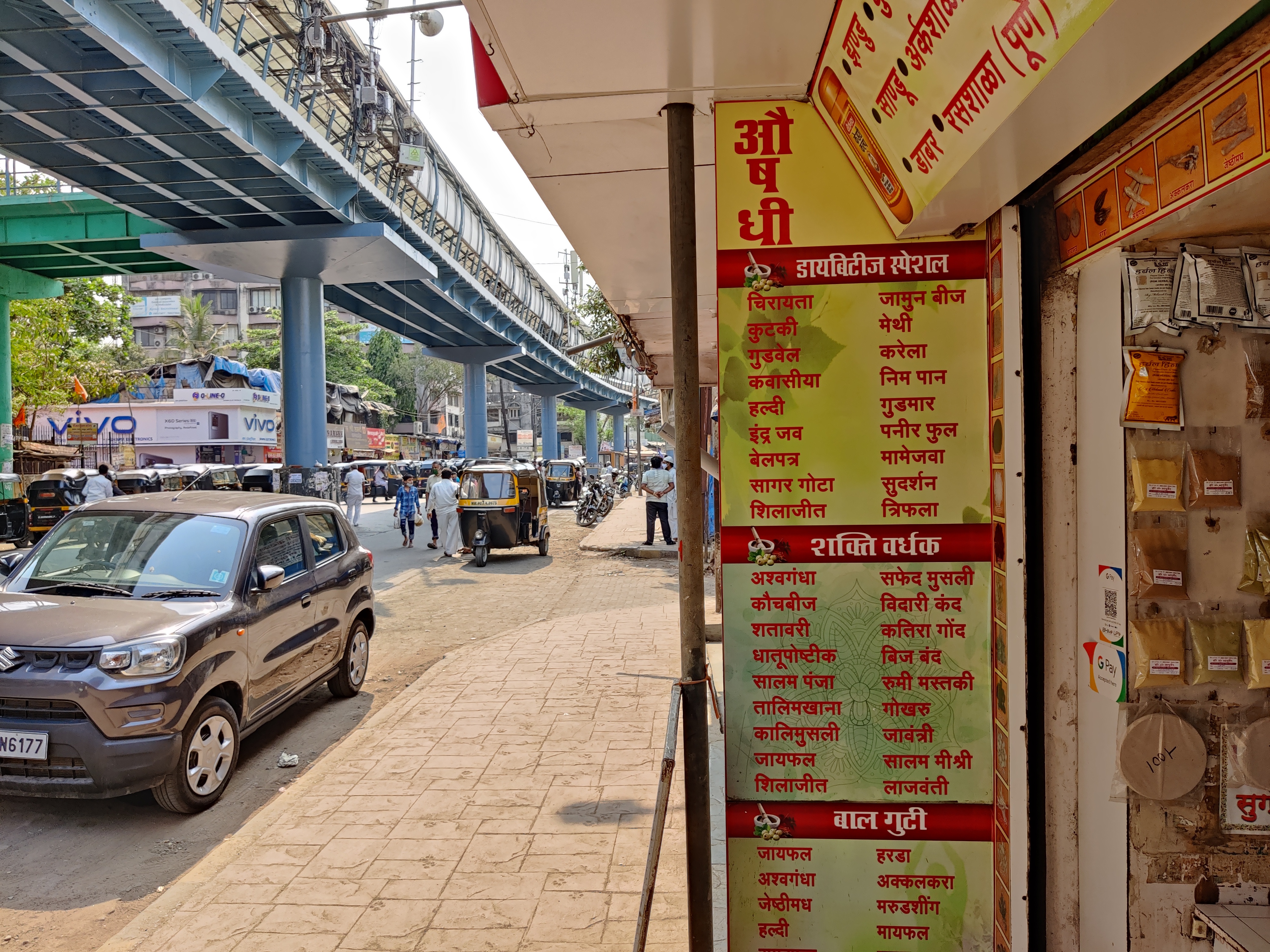
The main 48MP snapper is not a bad camera as such, and can provide decent results in daylight, but the dynamic range and details are quite average. Things get a lot worse post sunset, bringing loads of noise and color inaccuracies.
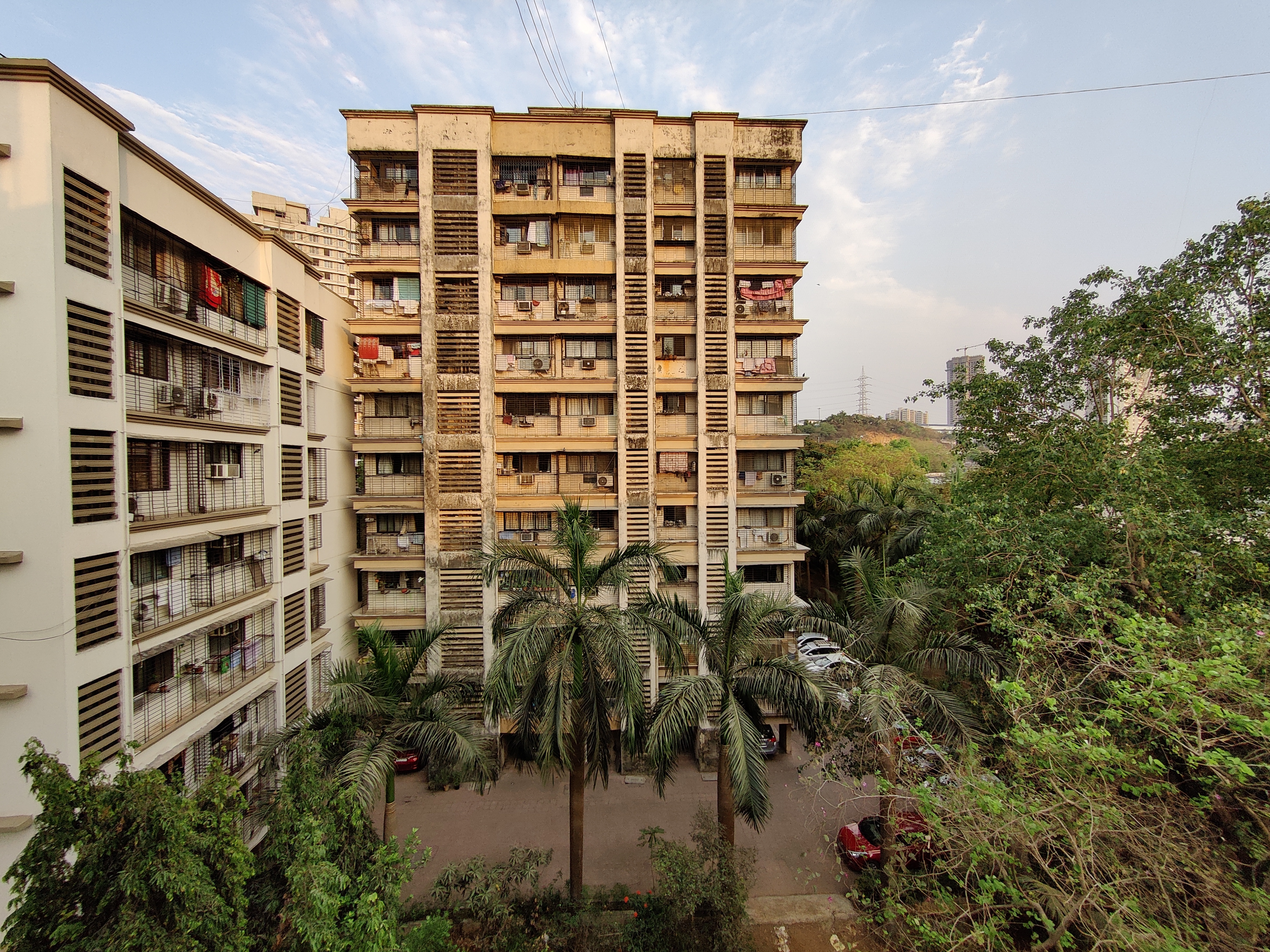

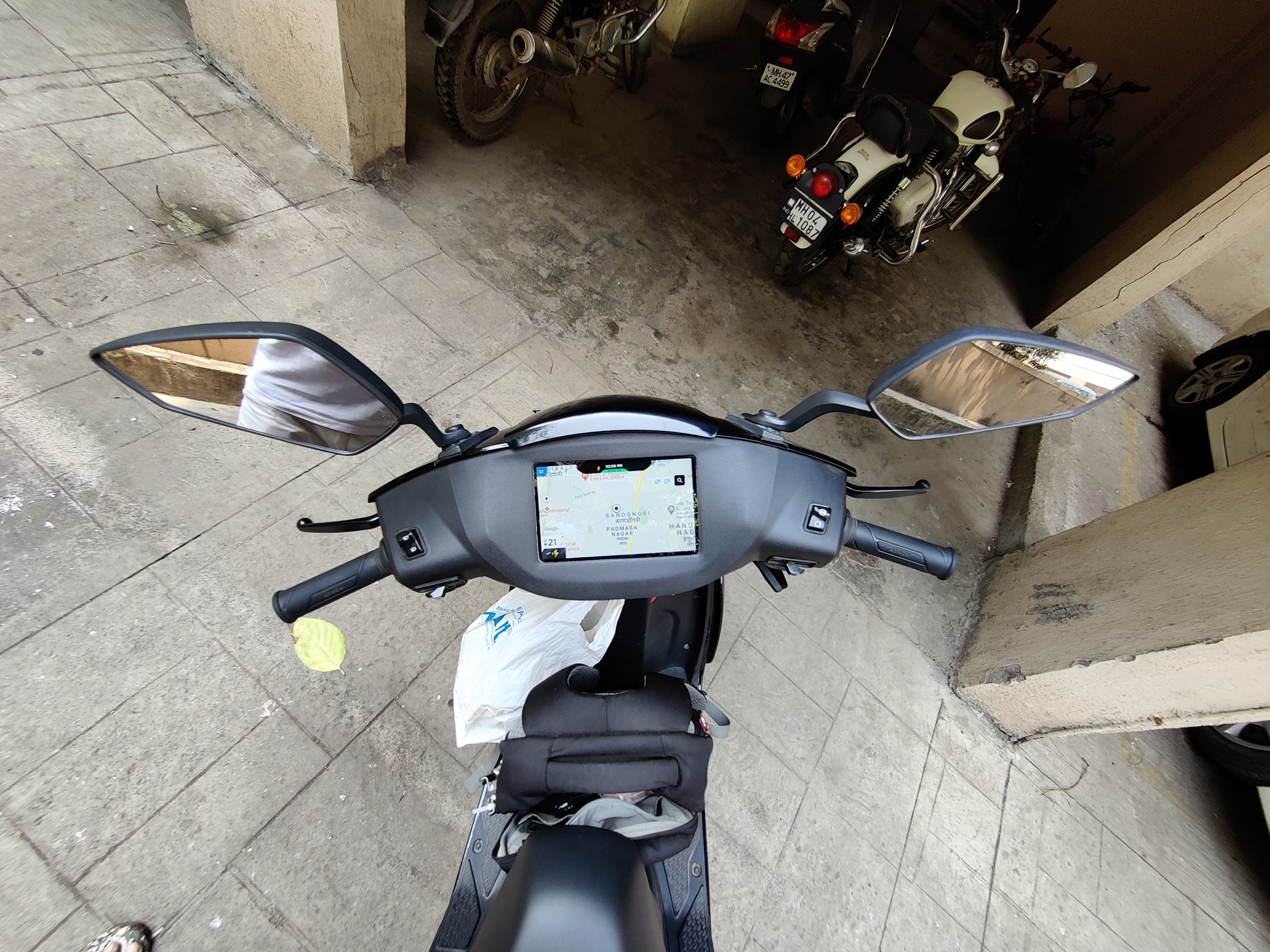
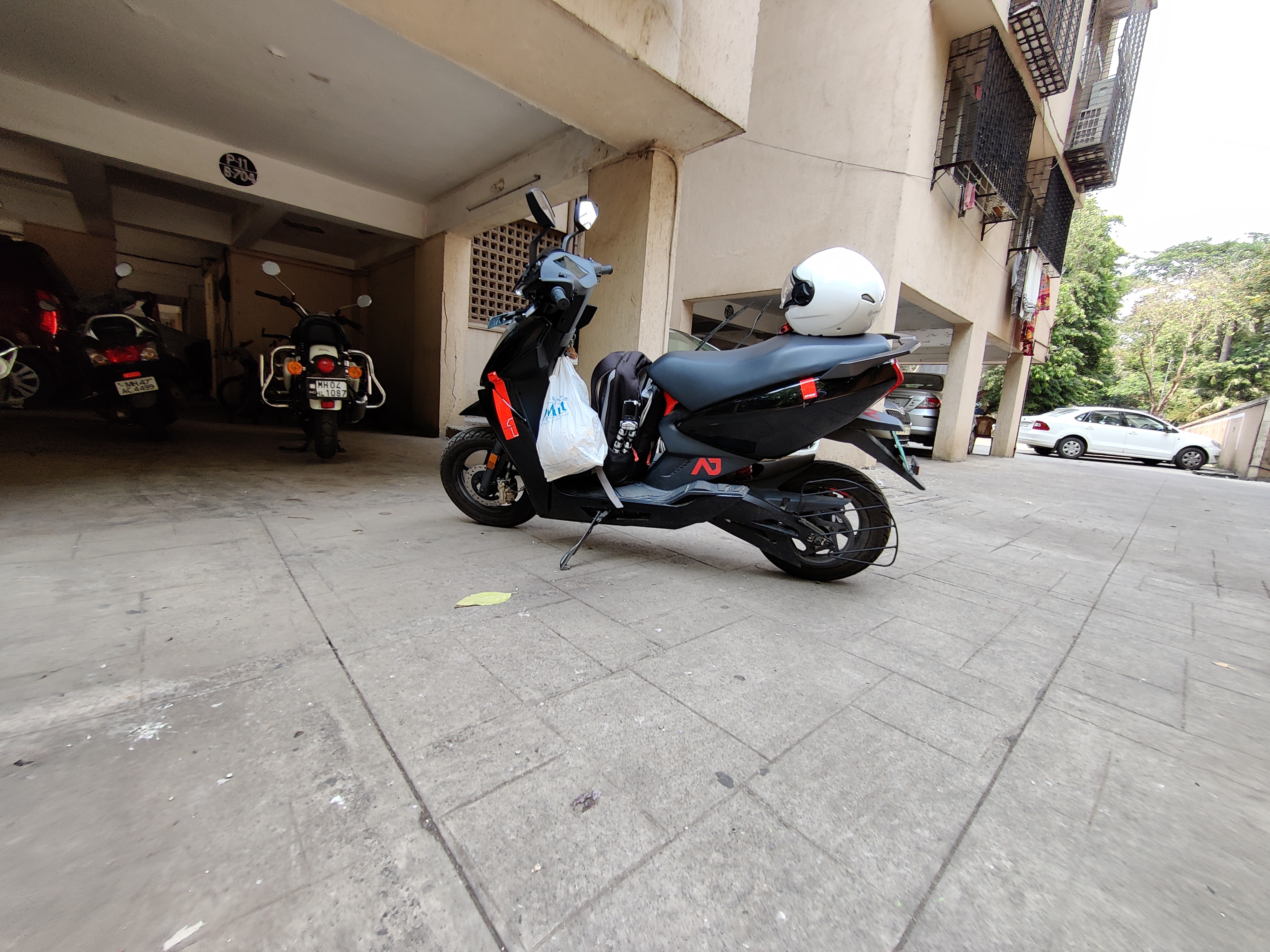
The 16MP ultra-wide lens does a good job at adding a dramatic field of view, and tries hard to maintain color parity, but loses out on details and dynamic range.
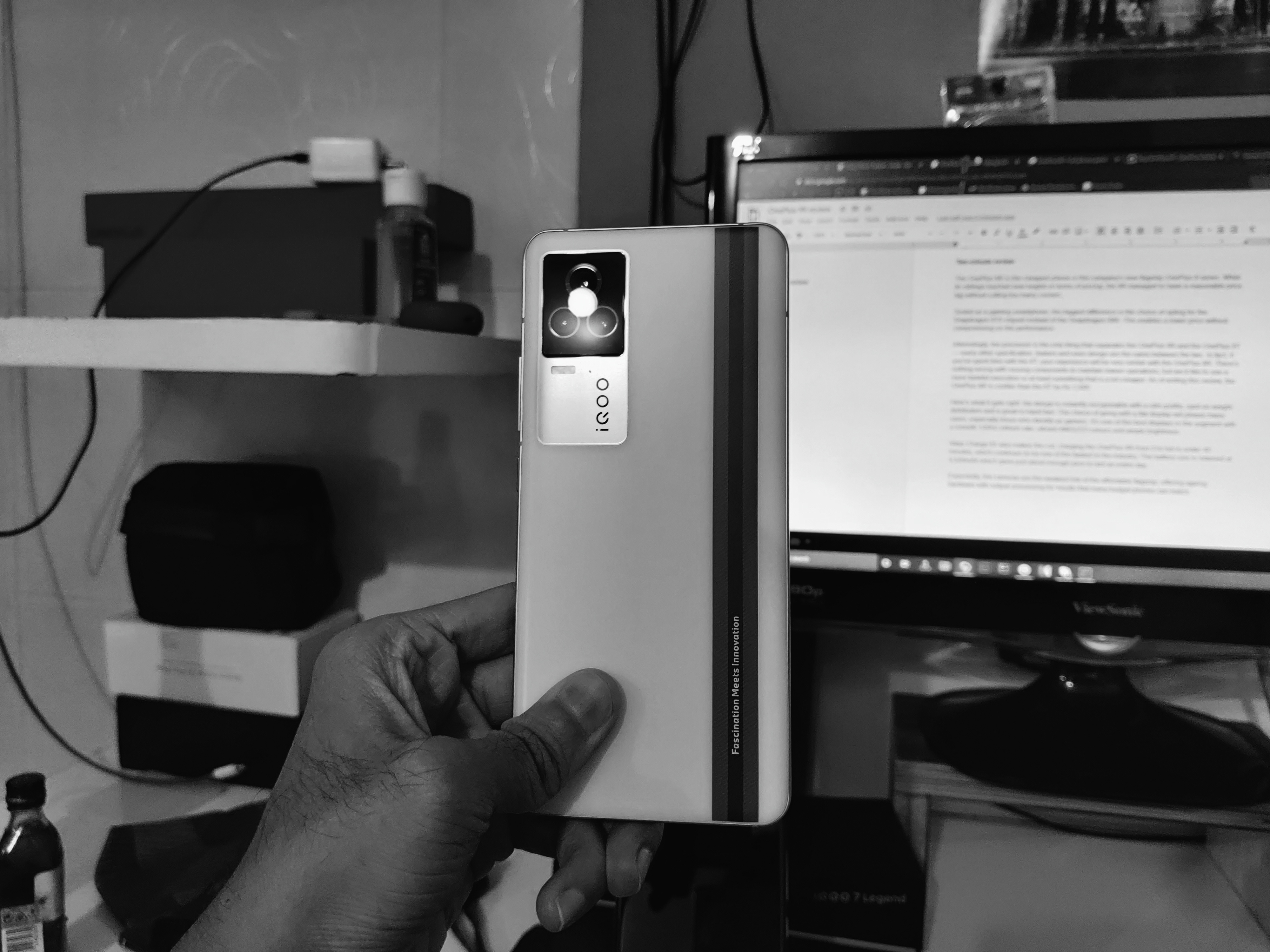
There’s a 2MP monochrome sensor as well for black and white shots. It adds more information to the image when compared to a desaturated one, but it was still a novelty camera for us.

Lastly, there’s a dedicated 5MP macro camera for close-ups, but the results were bad. Getting the focus right is nearly impossible, and the lower resolution and light sensitivity meant that there were no details upon closer inspection.
Video recording was good, with effective stabilization, above-average dynamic range and clear audio pickup.
If you’re big on photography, the market now has many other options to choose from, based on what you’re looking for.
Battery


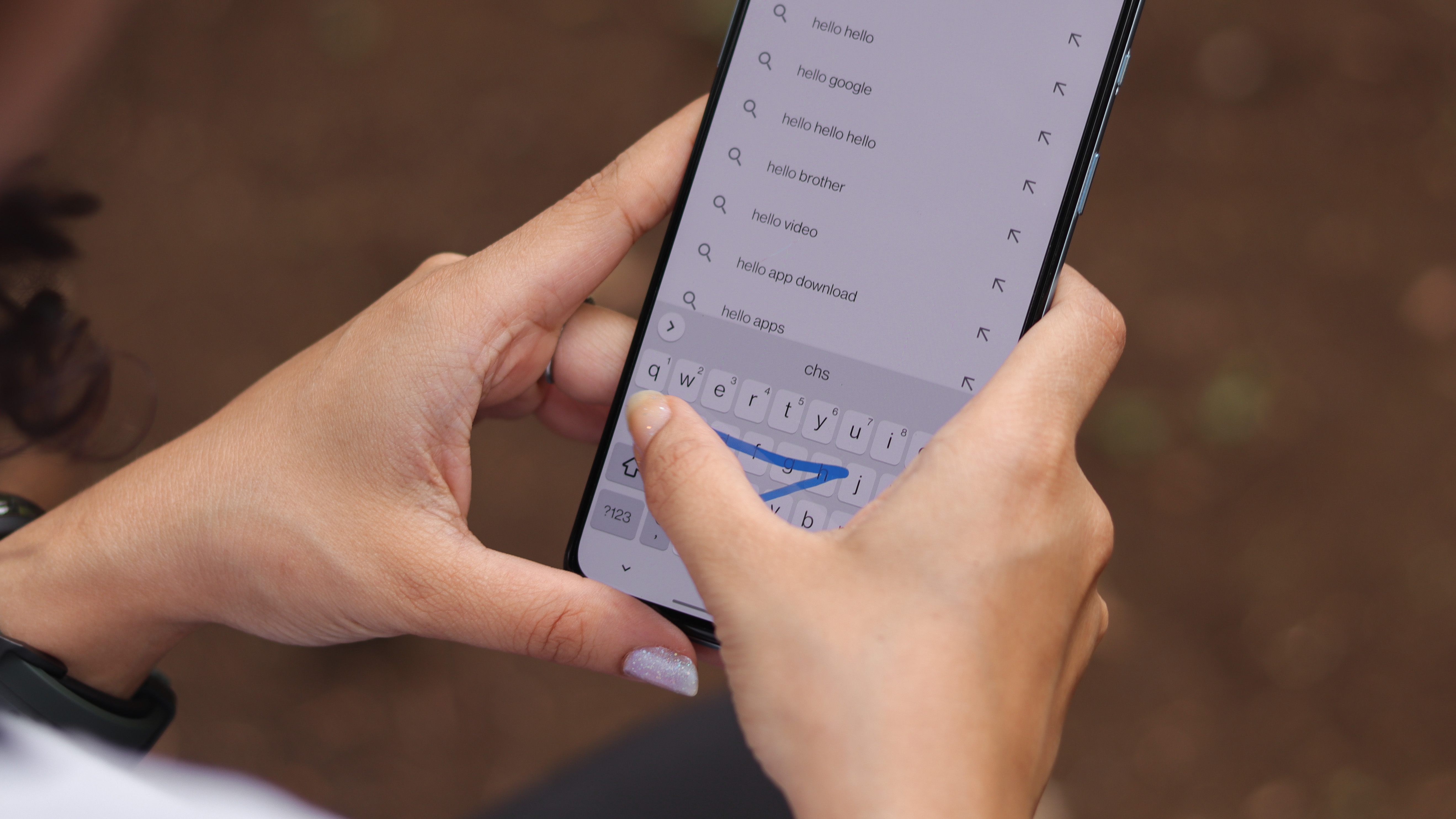
The OnePlus 9R is a masterclass in inventory management, because – surprise, surprise – it has the same battery and charging as the last few devices from the company. We get a dual-cell 4,500mAh battery with support for Warp Charge 65.
The lack of variable refresh rate didn’t seem to hurt the battery life by much.
In our usage, the phone clocked an average of over 5 hours of screen-on time on most cycles, which was enough to last till the end of the day but nothing more. Daily usage involved about half an hour of gaming, an hour of WhatsApp, YouTube and social media, some calls and dozens of push notifications.
Charging the OnePlus 9R takes only about 40 minutes with the included charger and cable, which is very impressive. It doesn’t really slow down while gaming either, which is an added bonus. However, there’s no wireless charging.
Verdict

Buy it if...
You want a cheap OnePlus flagship
The OnePlus 9R is significantly more affordable than its siblings, making it an easy recommendation for those who want a fairly high-end OnePlus phone without breaking the bank.
Fast charging is important to you
The 65W charging tech can charge the OnePlus 9R in about 35 minutes, which is among the fastest in the industry. You can use it while it’s being charged too.
You prefer compact phones
Most smartphones these days are quite big and bulky. This is especially true for gaming phones. Thankfully, the OnePlus 9R bucks this trend with its slim and light form factor.
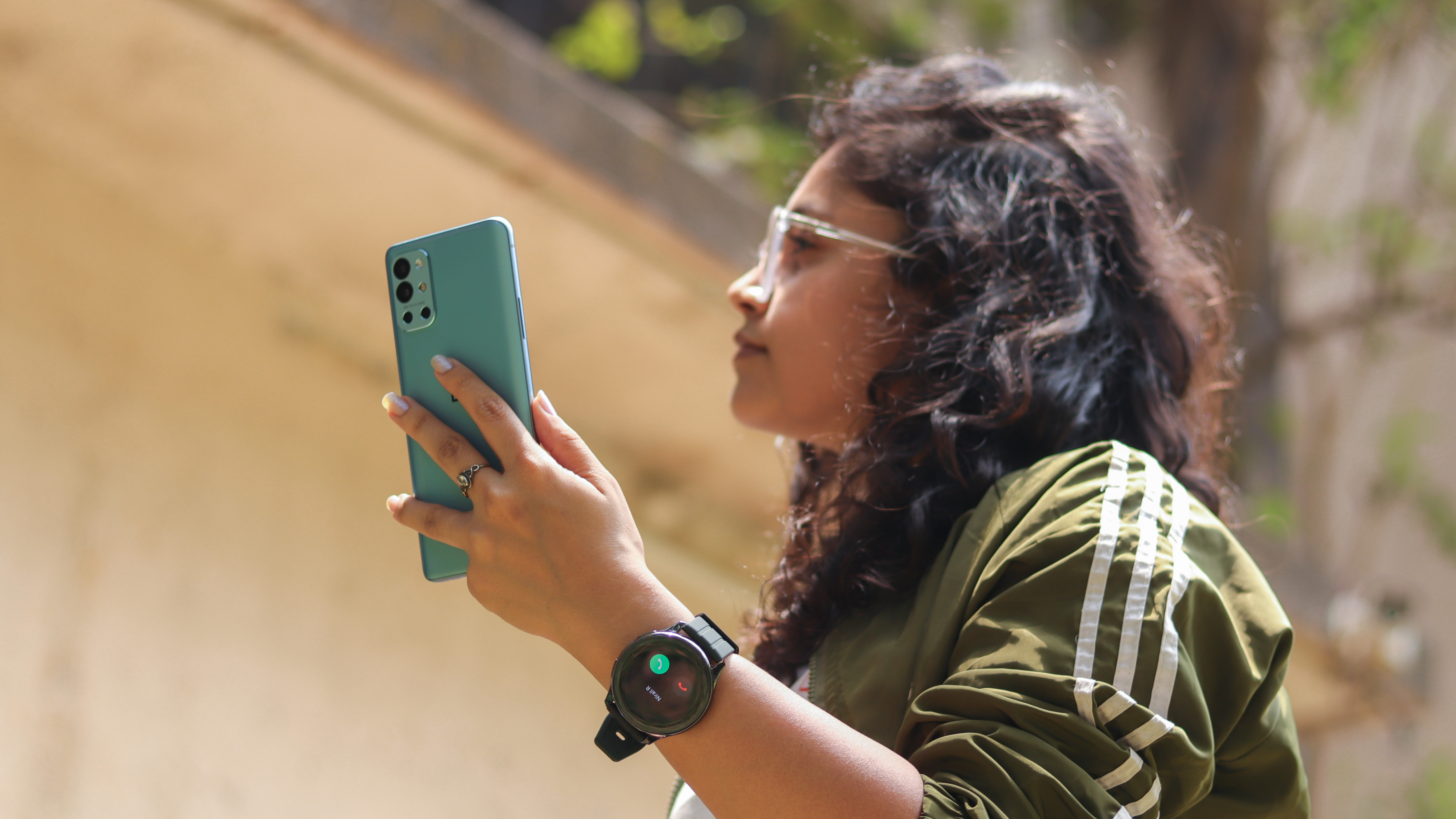
Don't buy it if...
You want great cameras
Once again, cameras are the weakest point of the OnePlus 9R. Alternatives such as the Vivo X60 Pro, Samsung Galaxy S20 FE 5G and Xiaomi Mi 11X Pro are much better.
You want the best value for your money
The OnePlus 9R is far from the cheapest phone for the specs it offers. Devices such as the iQoo 7 and Xiaomi Mi 11X offer better bang for one’s buck.
You’re looking for a premium experience
Features such as wireless charging, an IP rating for water resistance, and telephoto cameras are all notably missing on the OnePlus 9R.
Model: Nirali Rajgor
First reviewed: April 2021
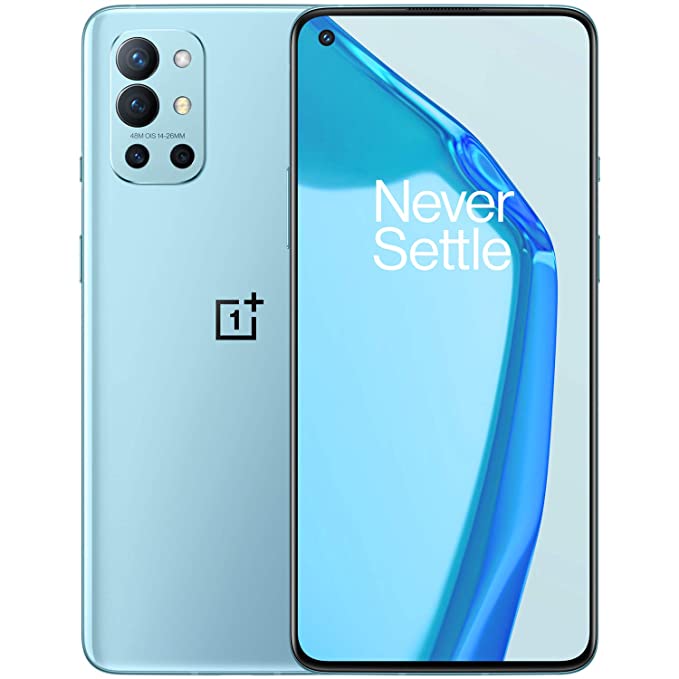
0 comments:
Post a Comment